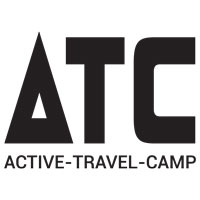
Active Travel Camp
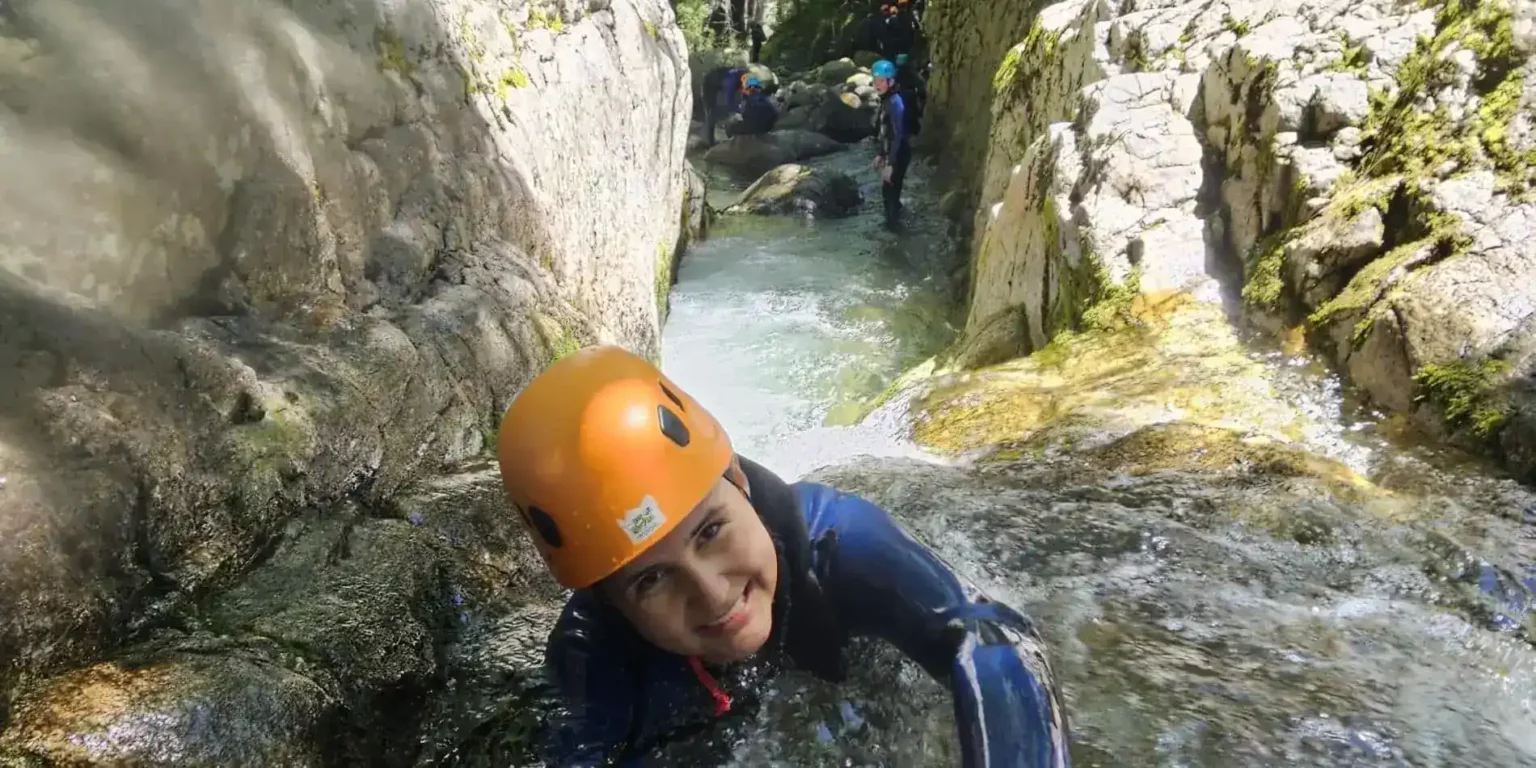
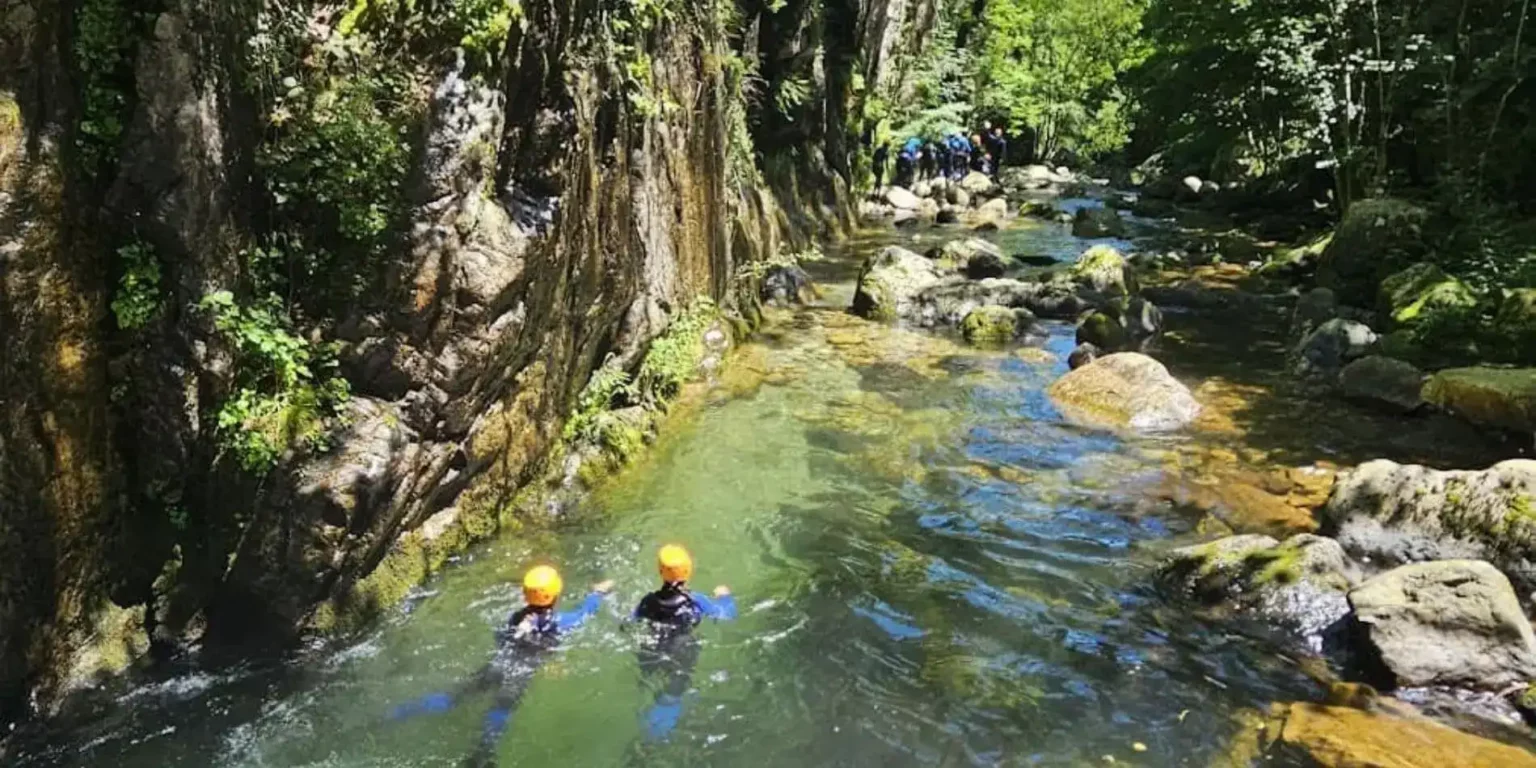
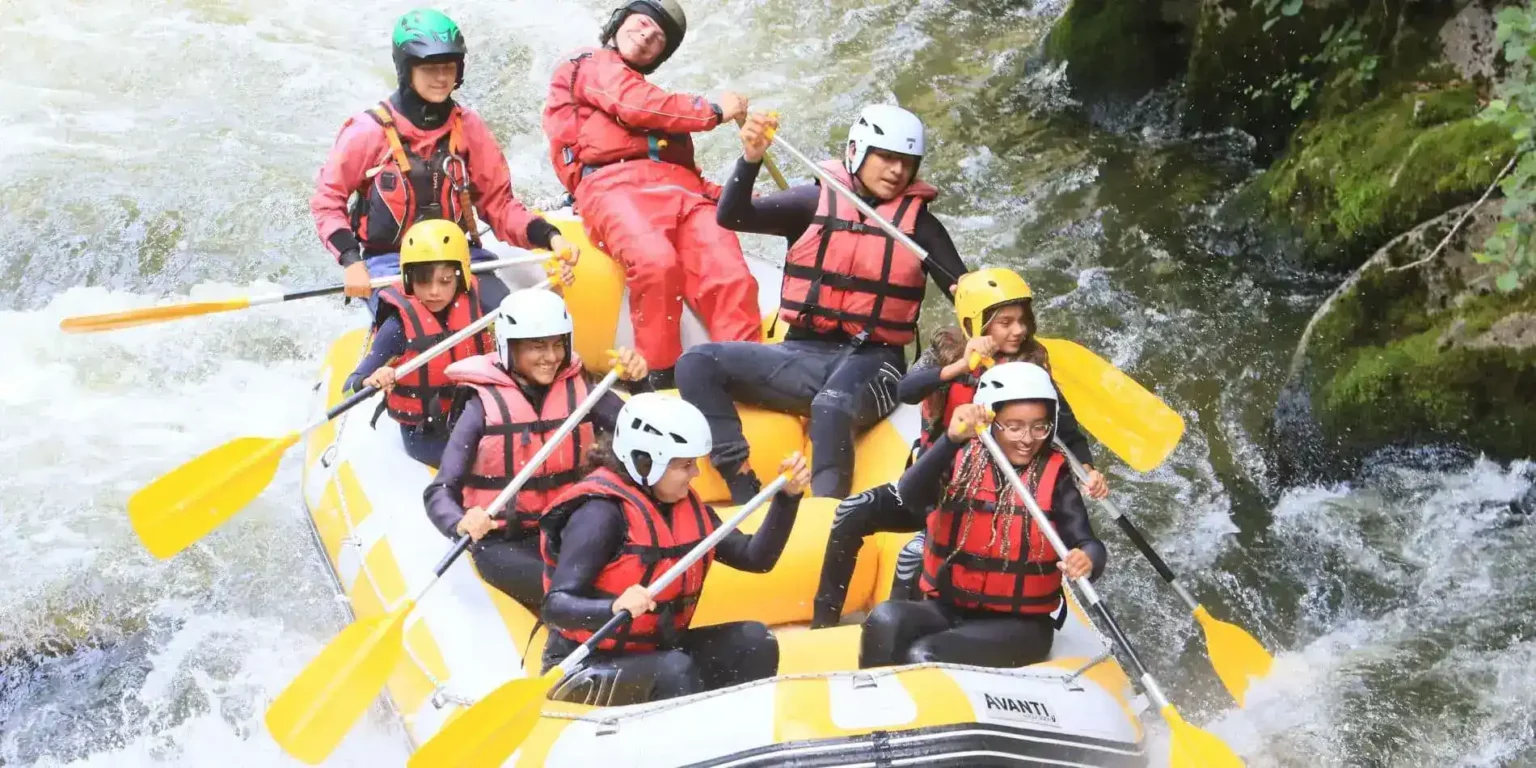
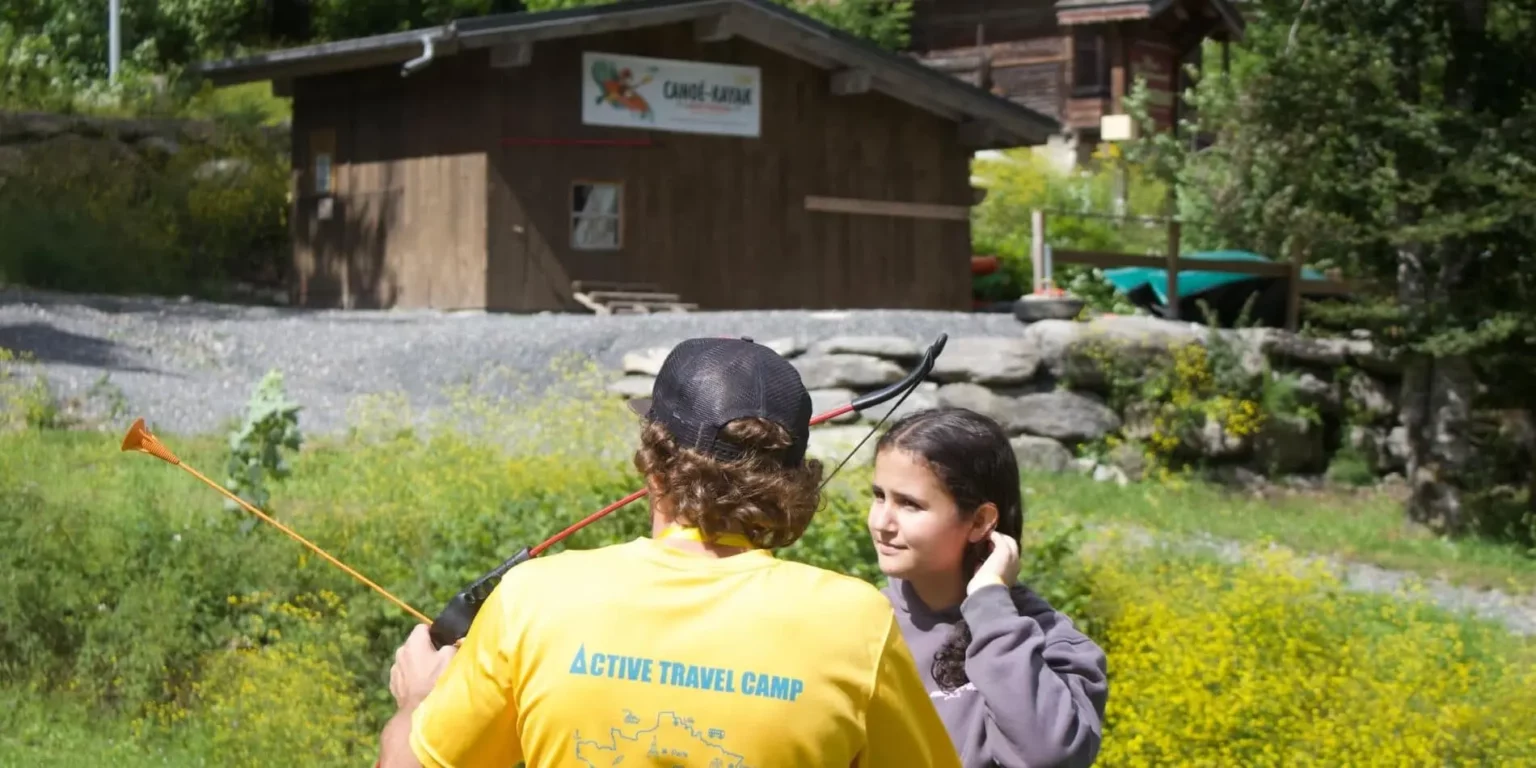
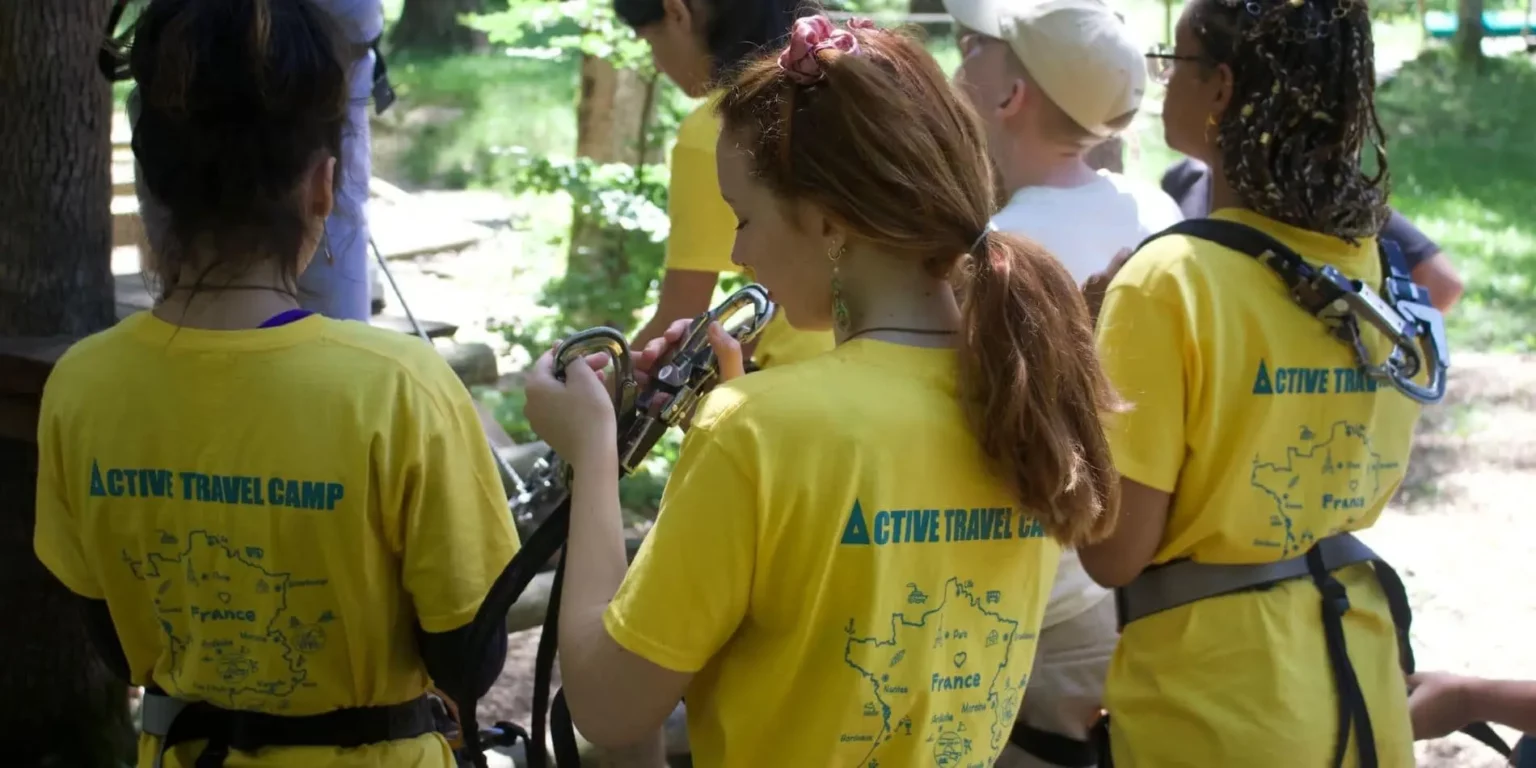
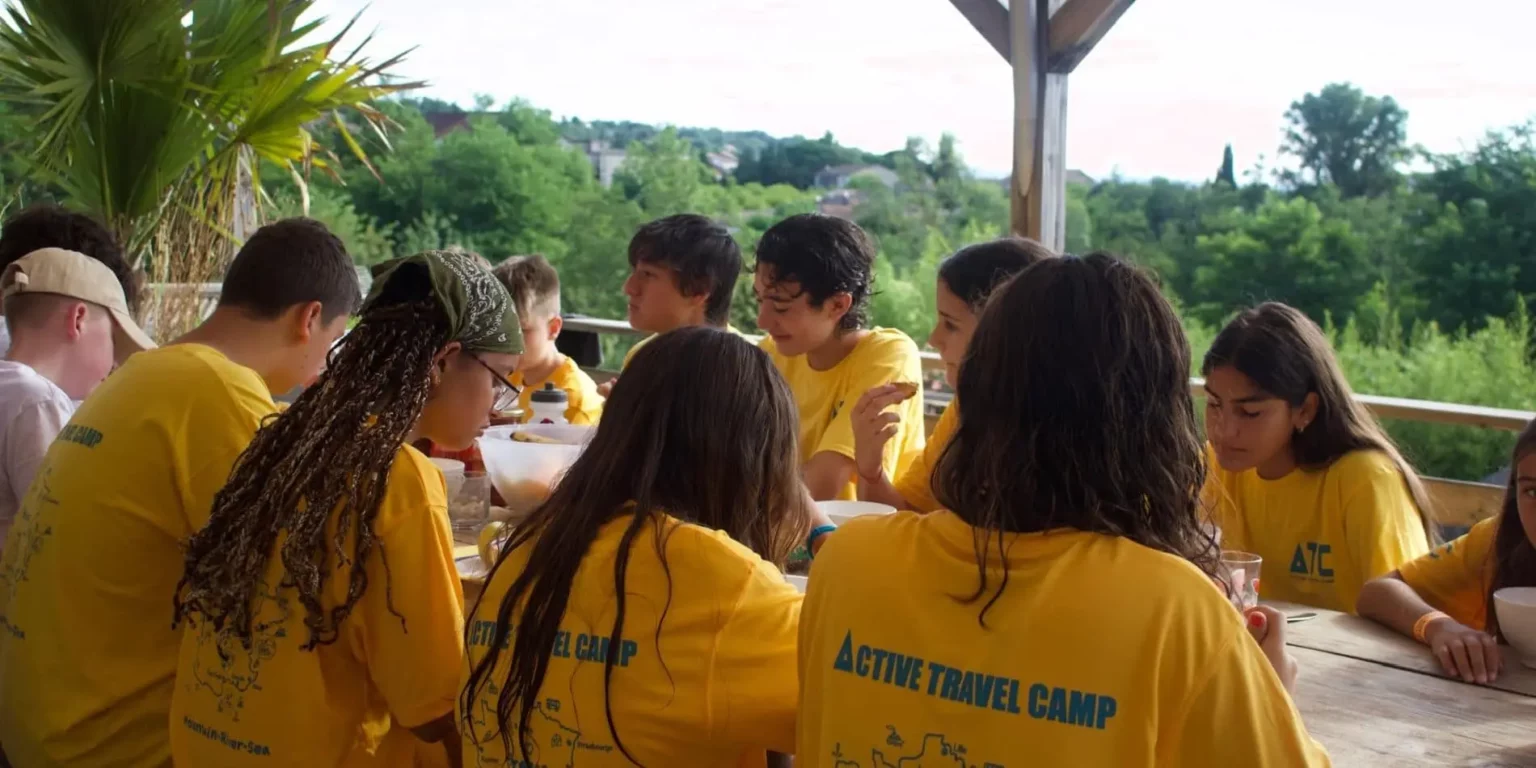
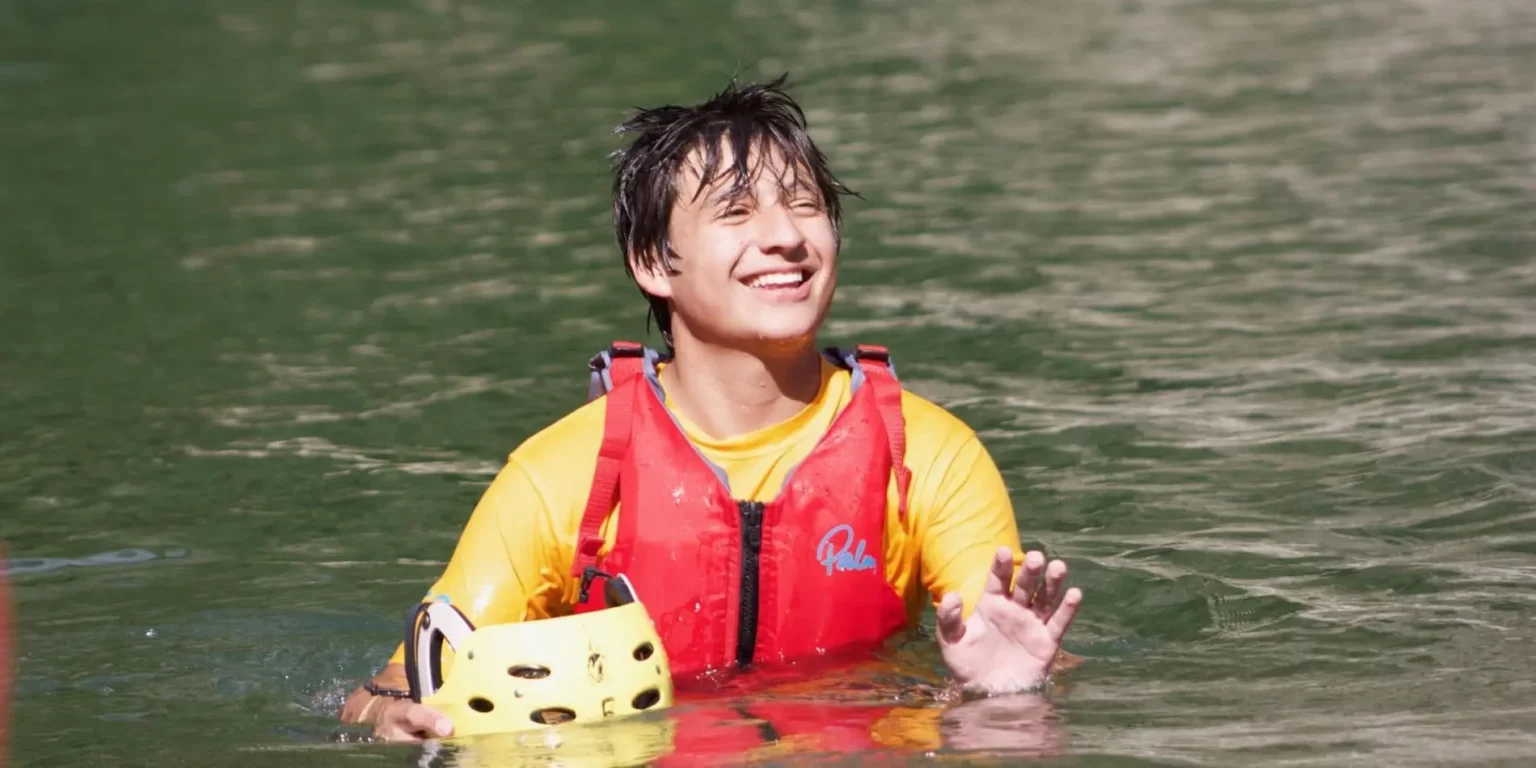
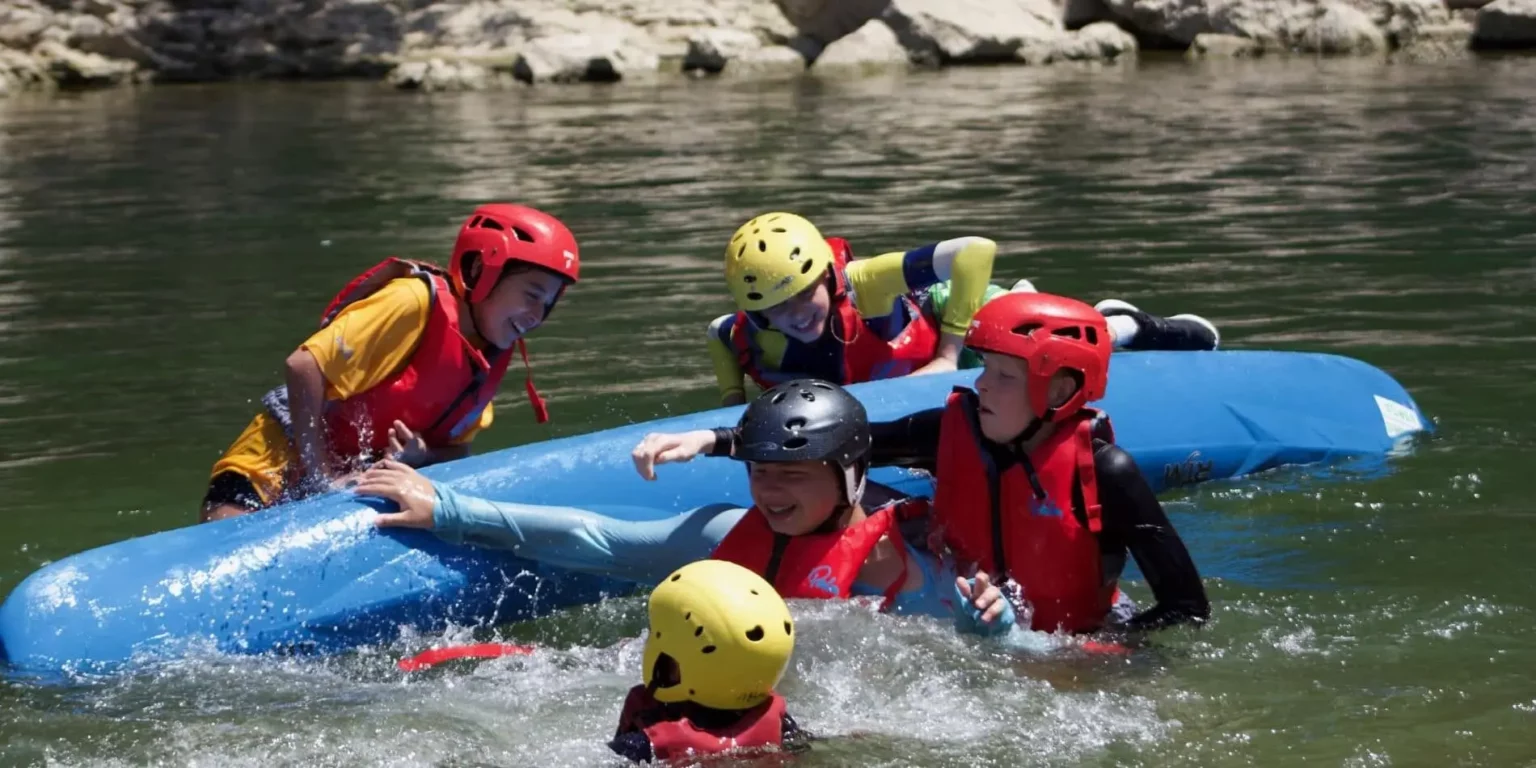
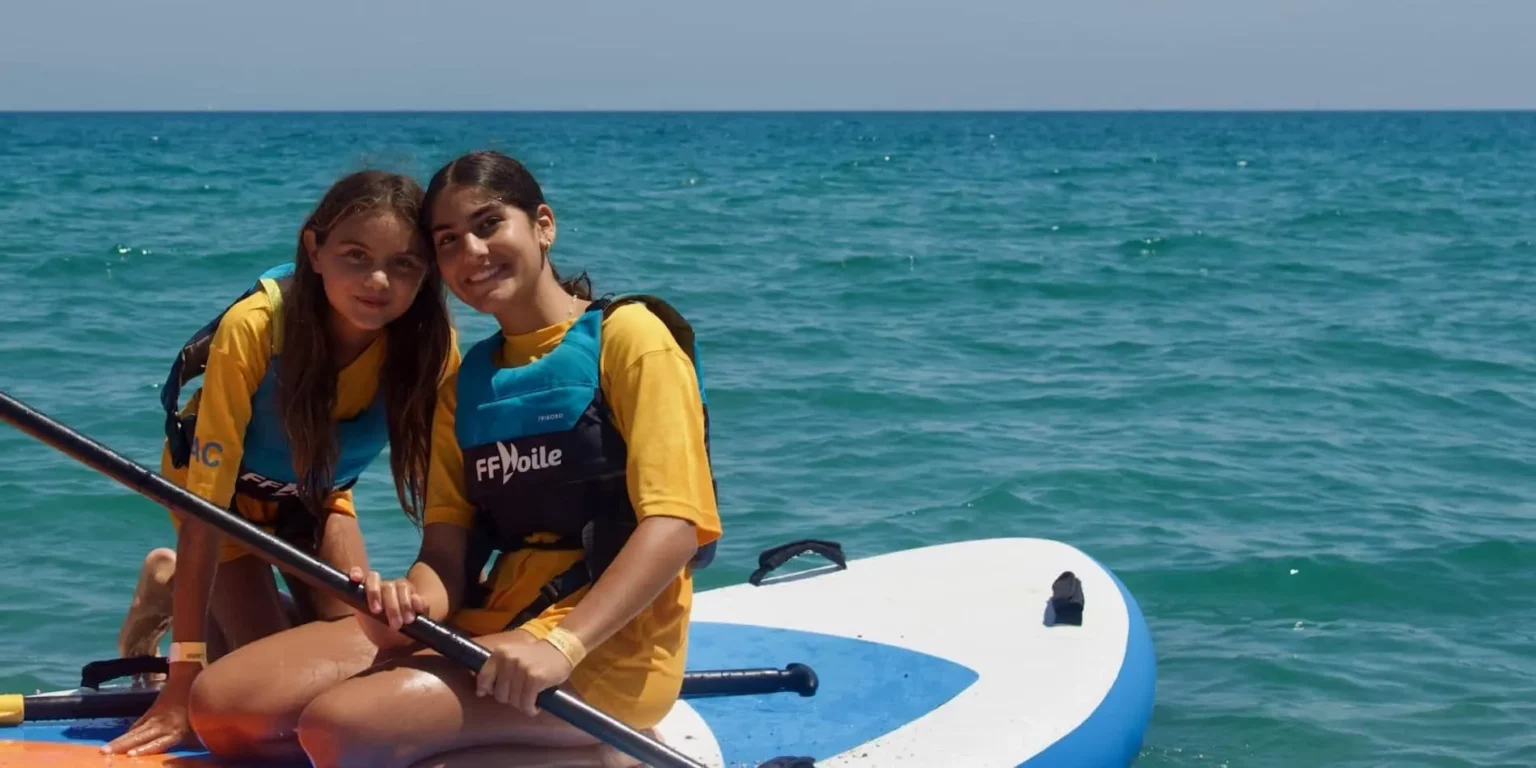
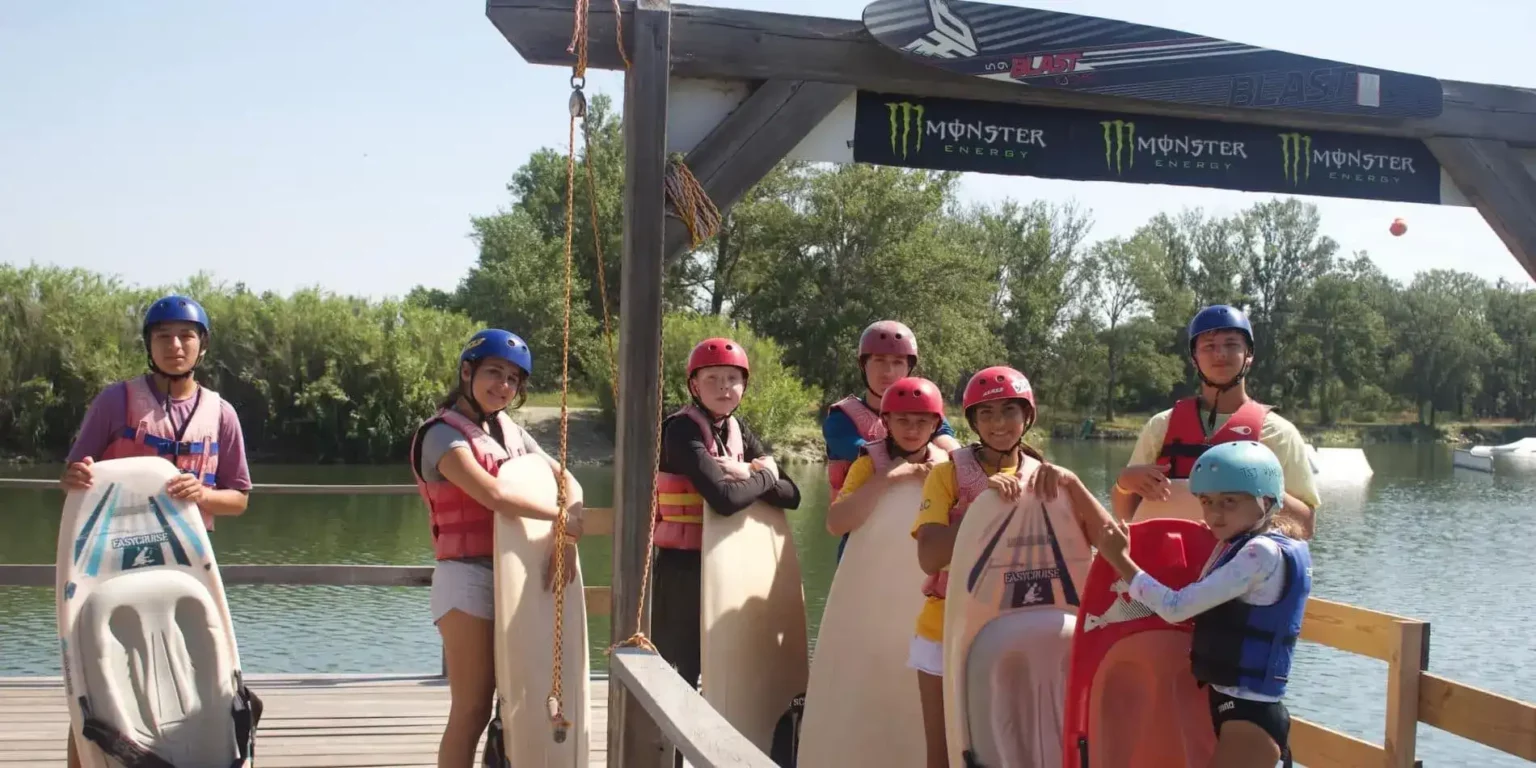
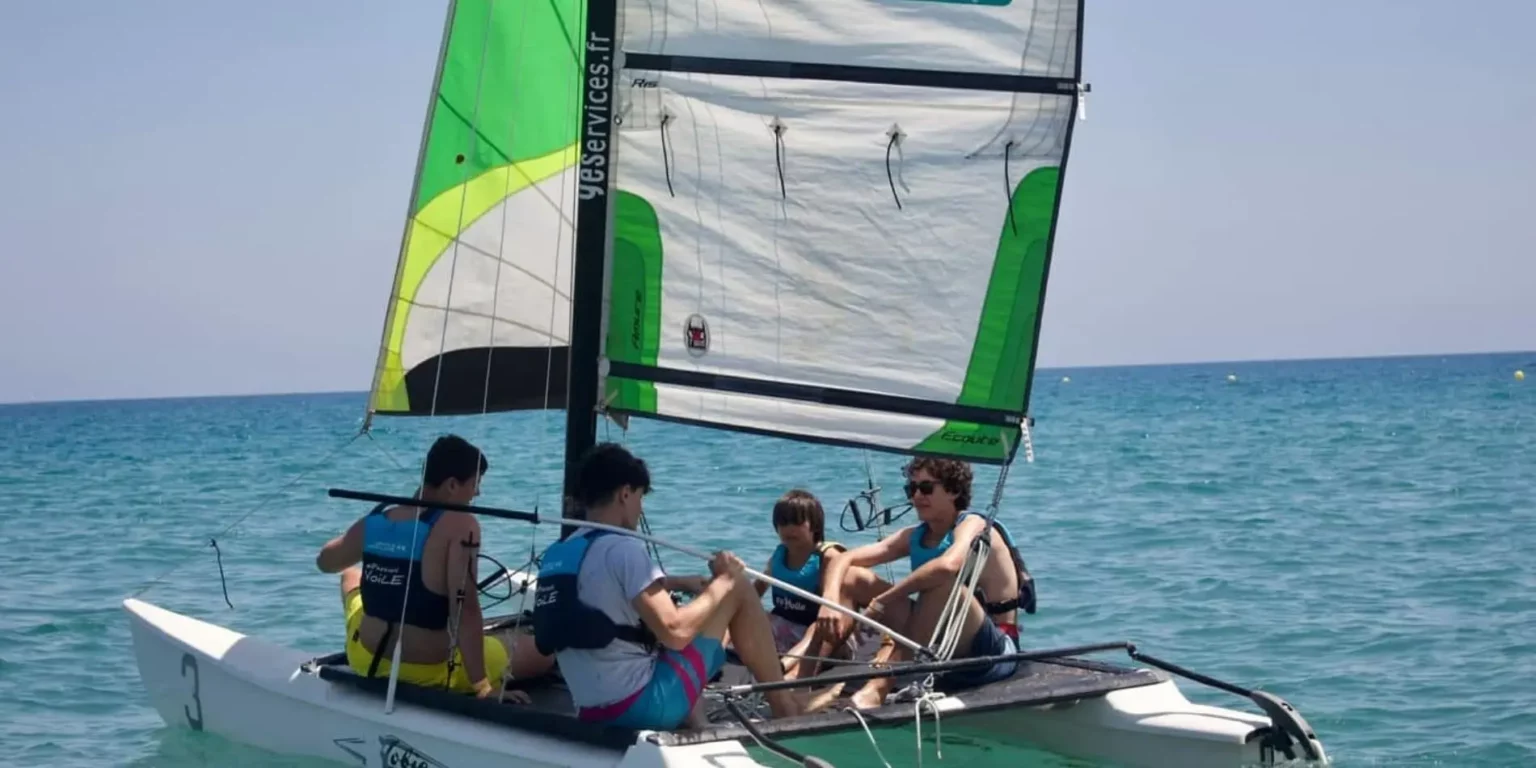
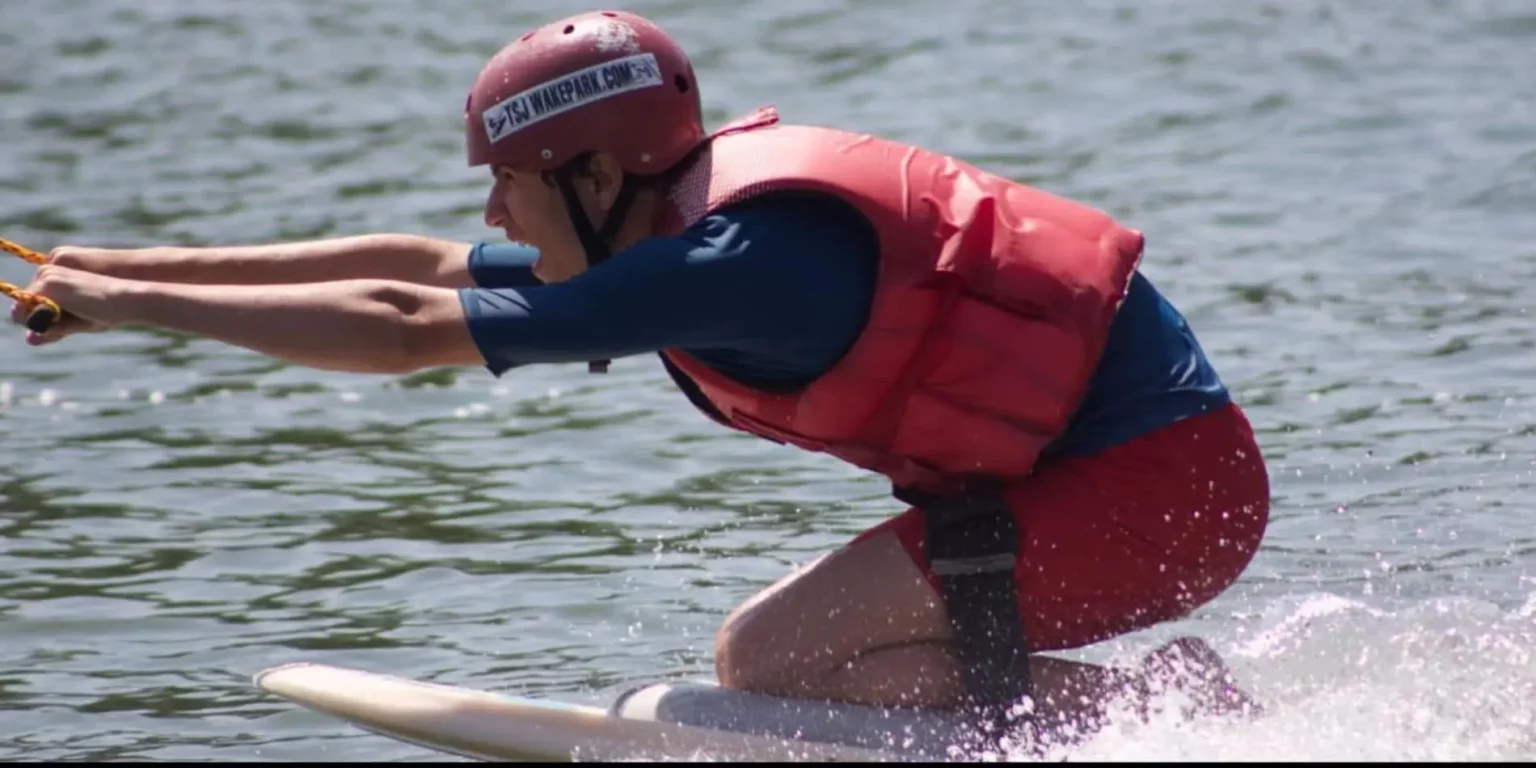
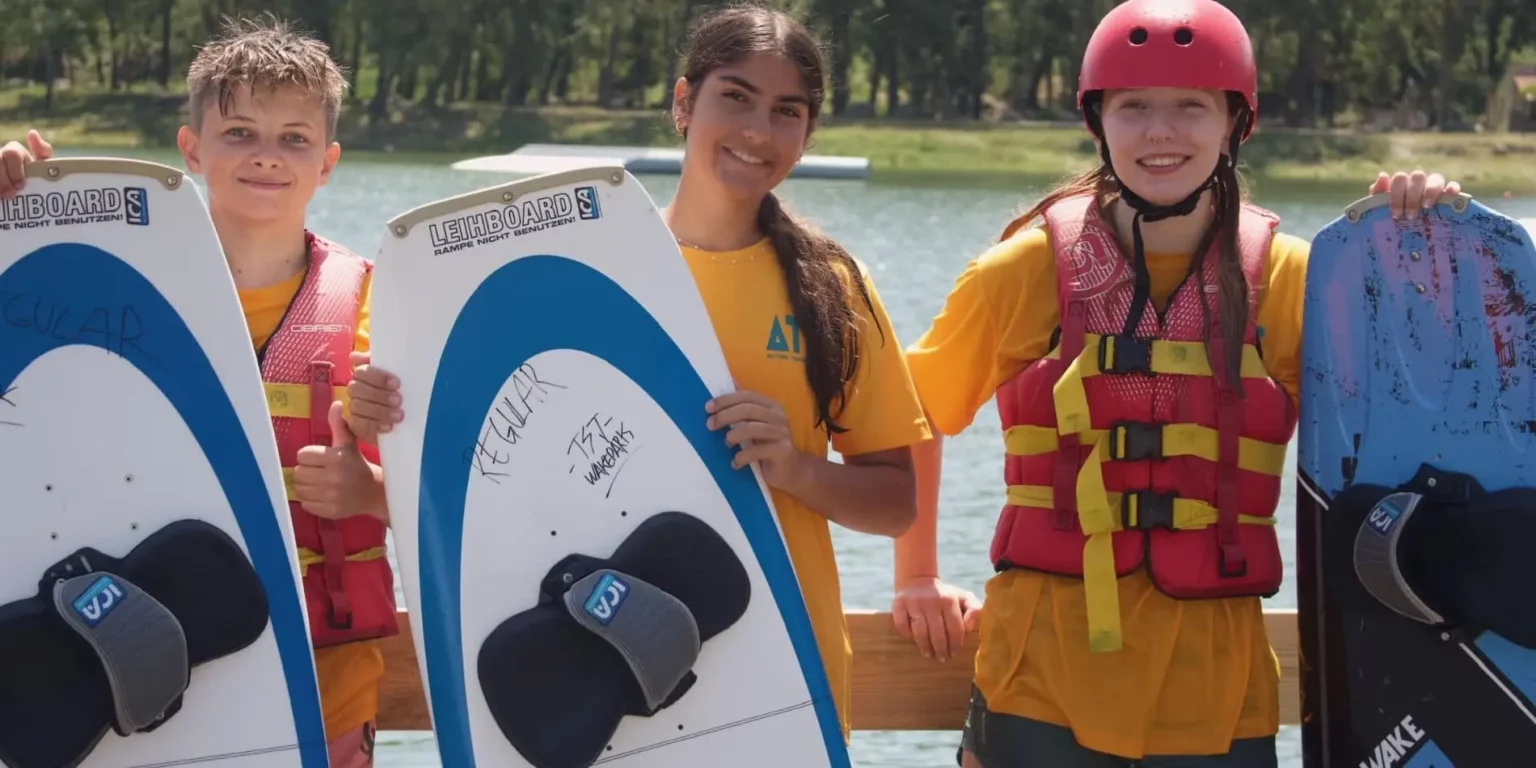
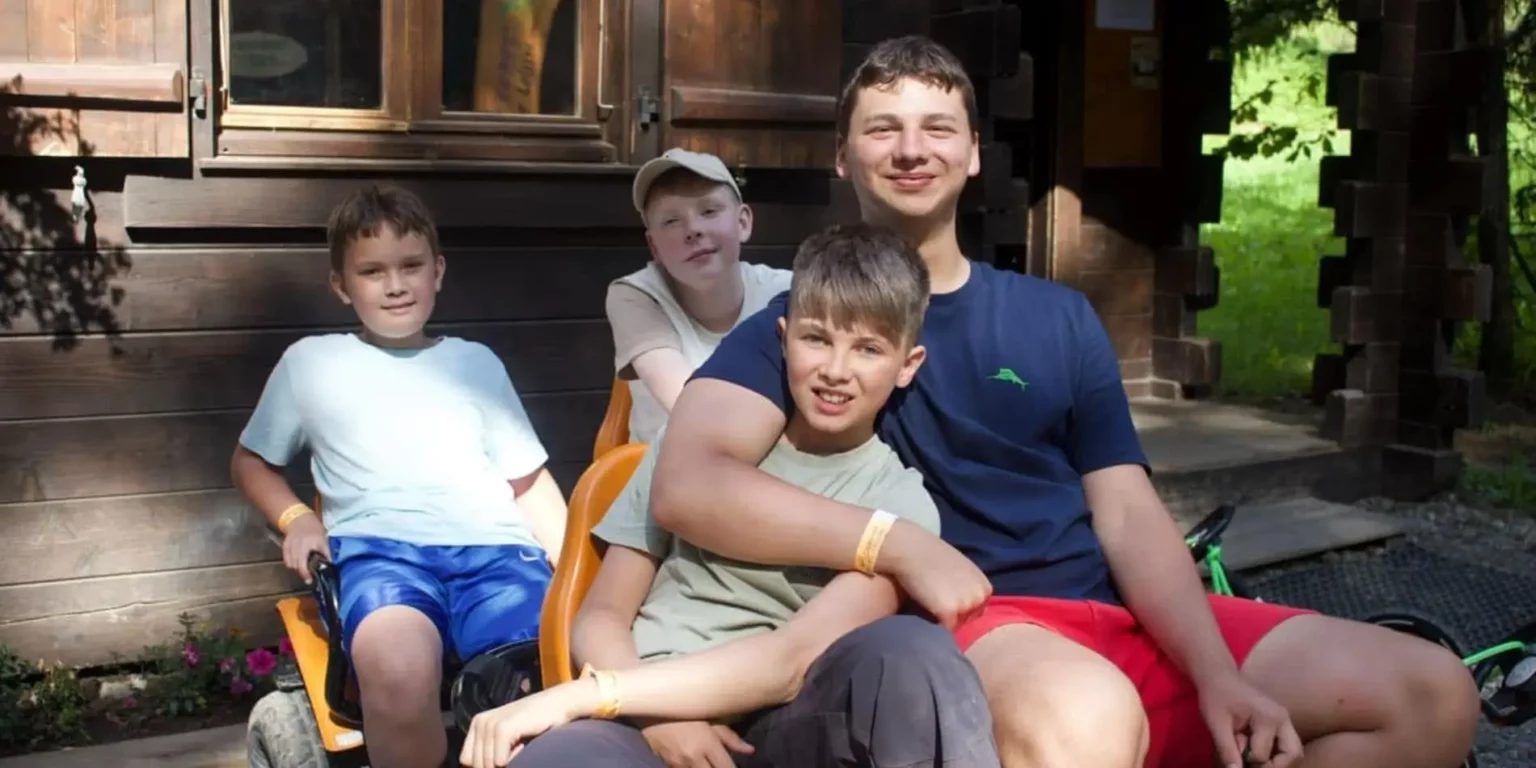
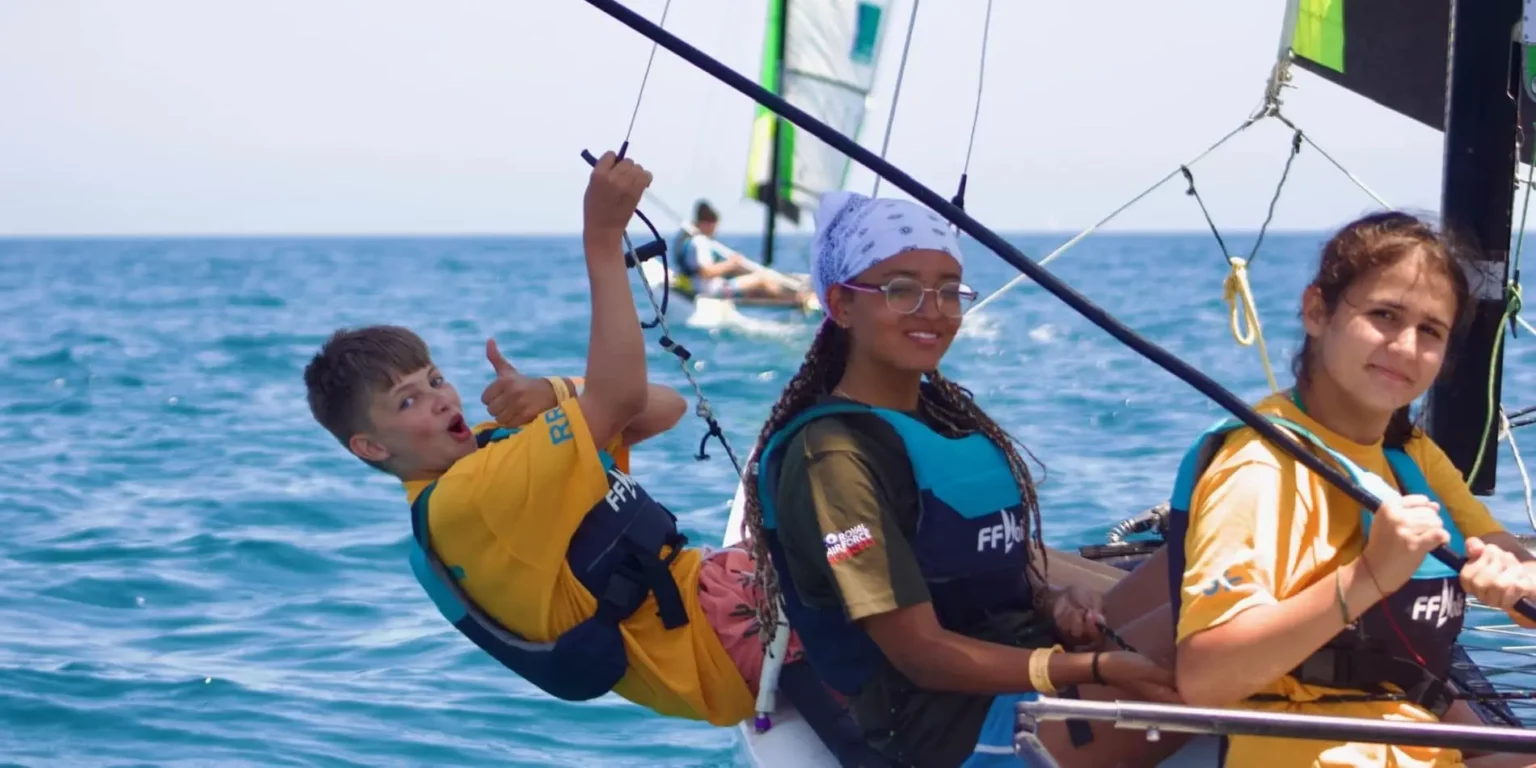
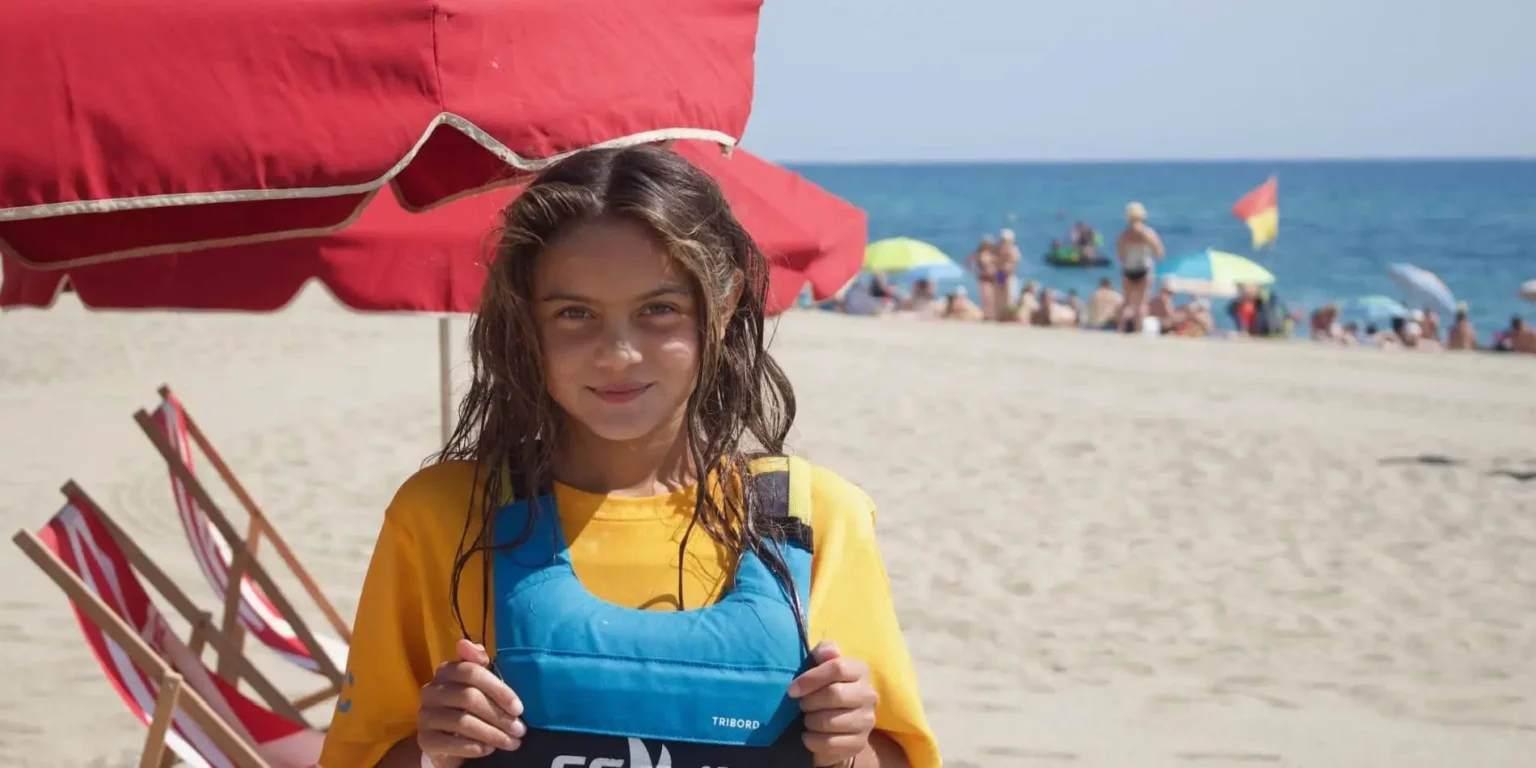
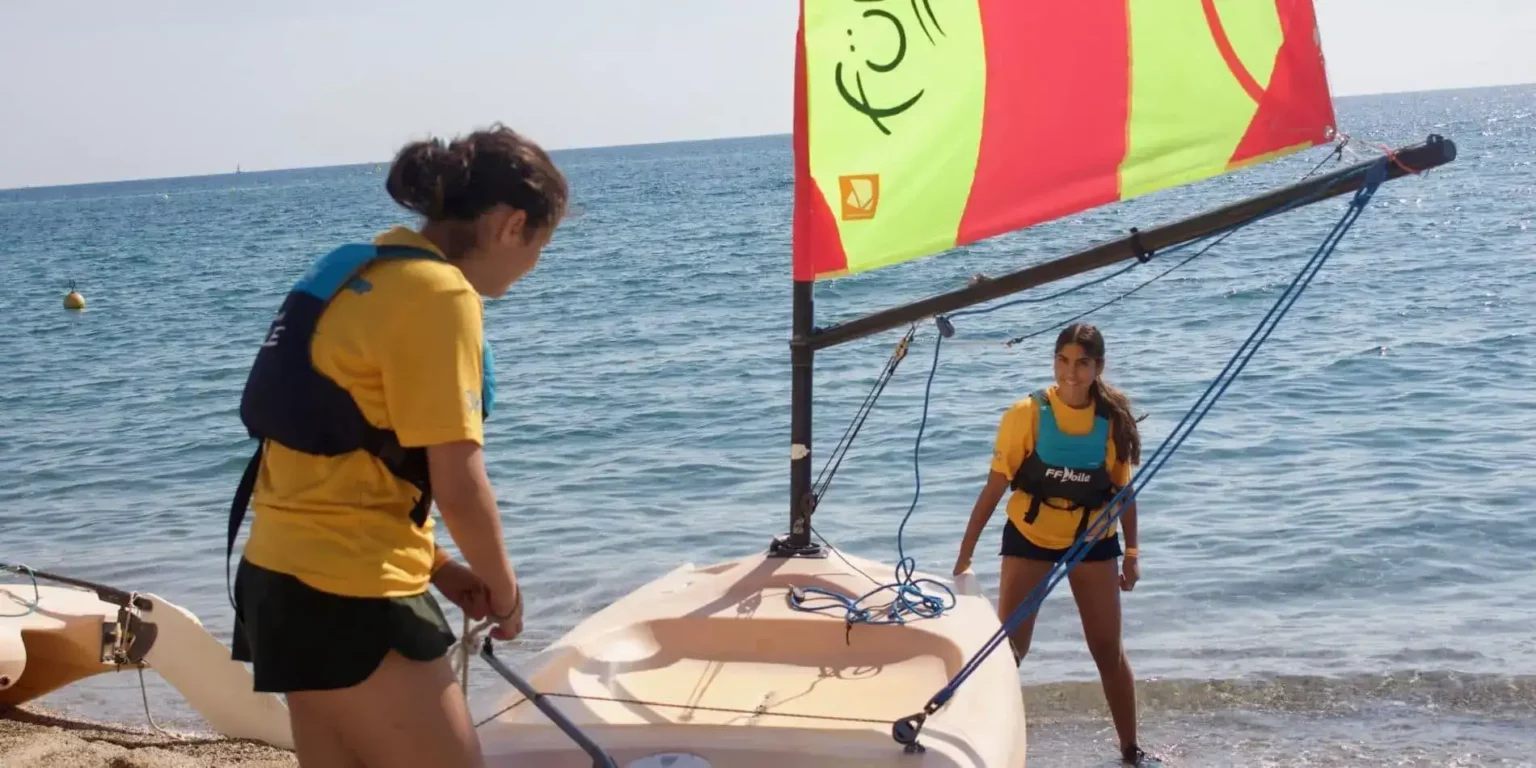
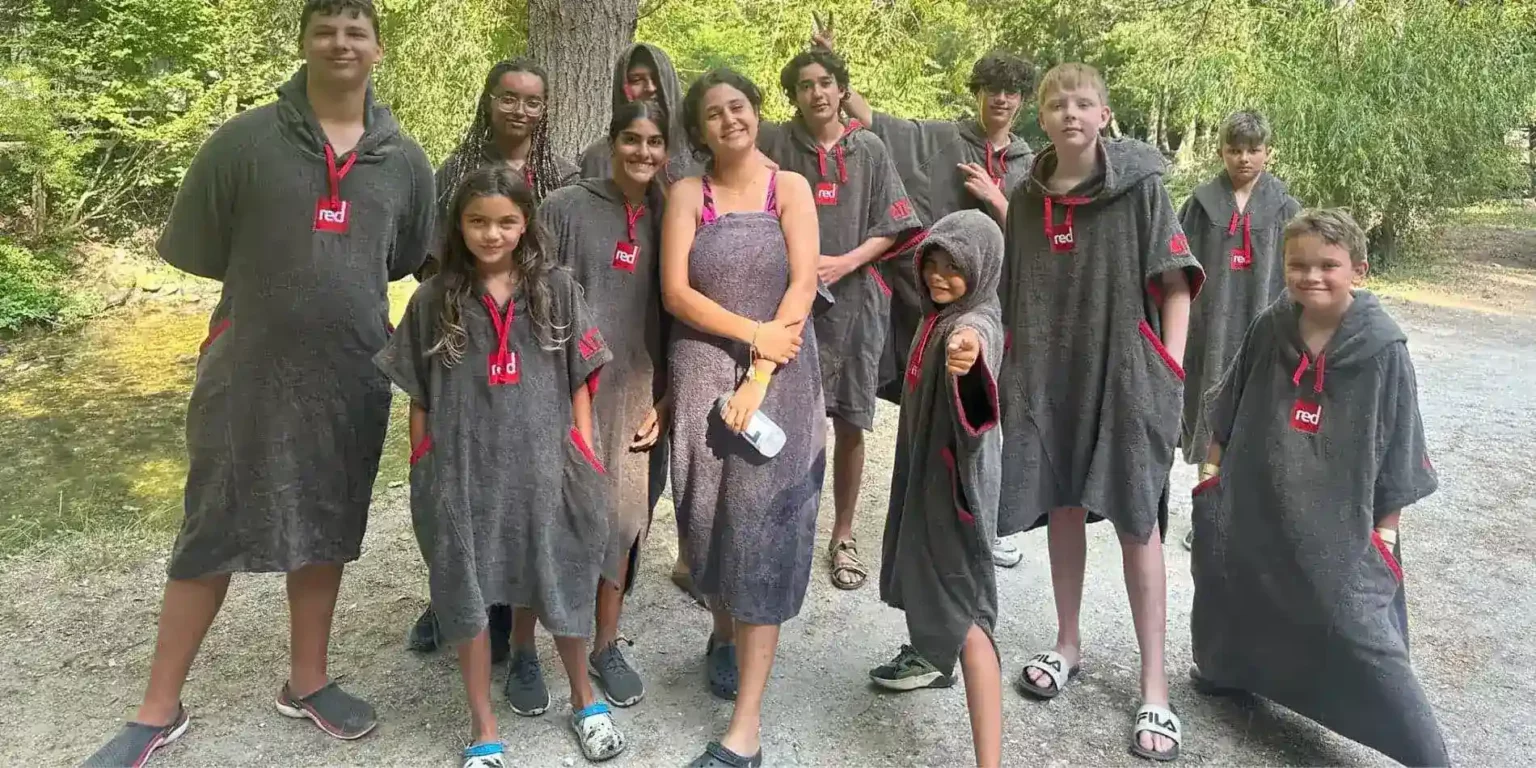
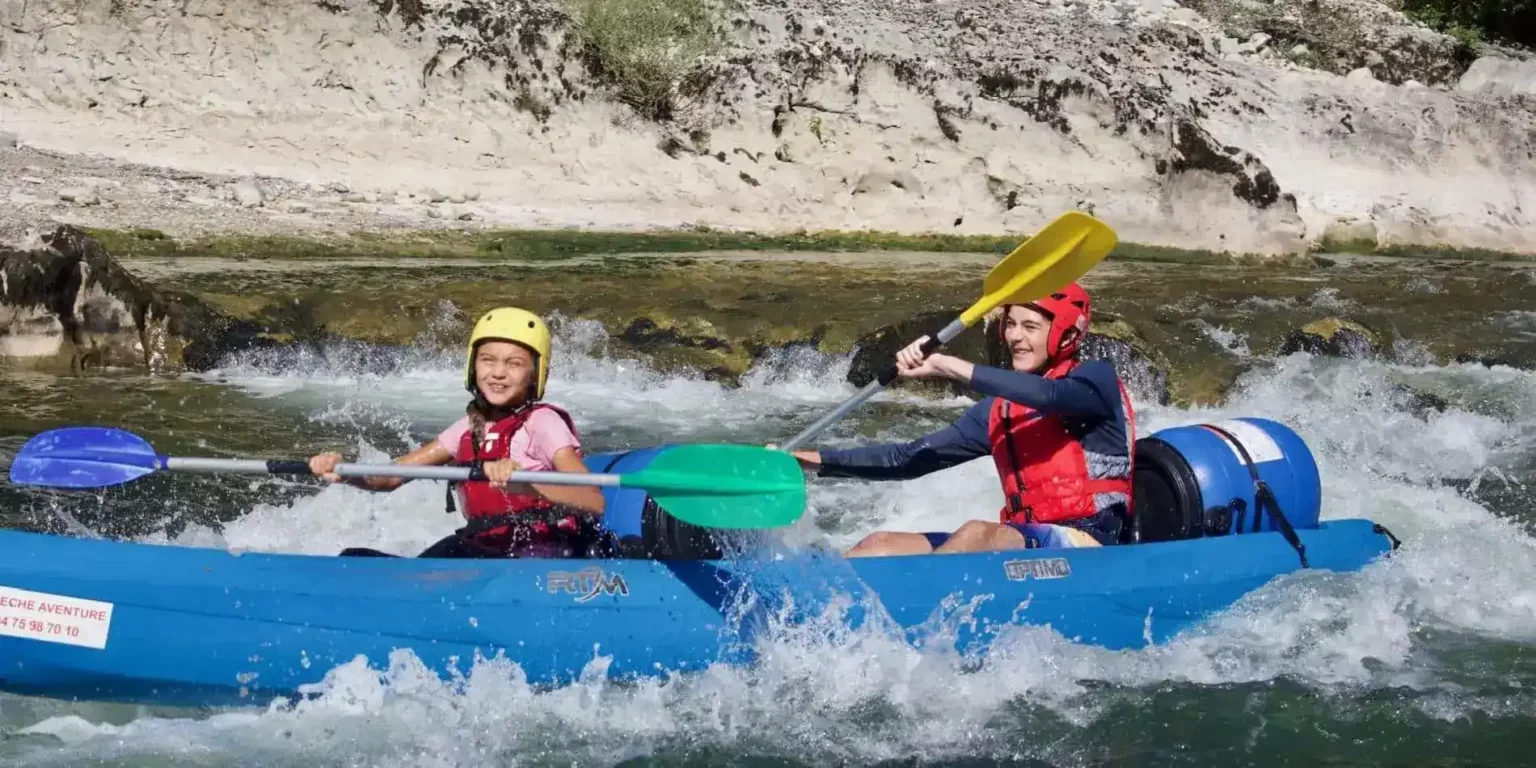
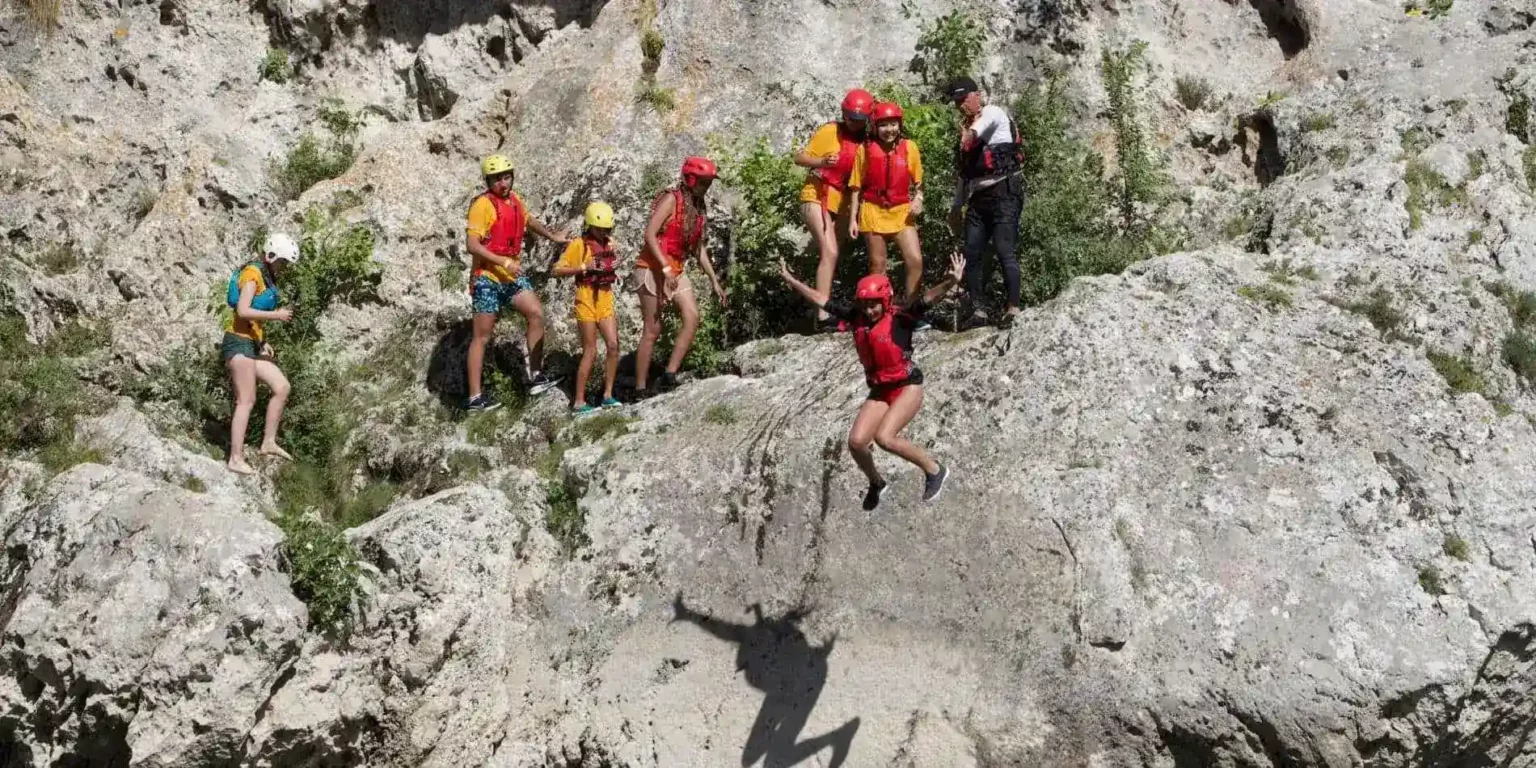
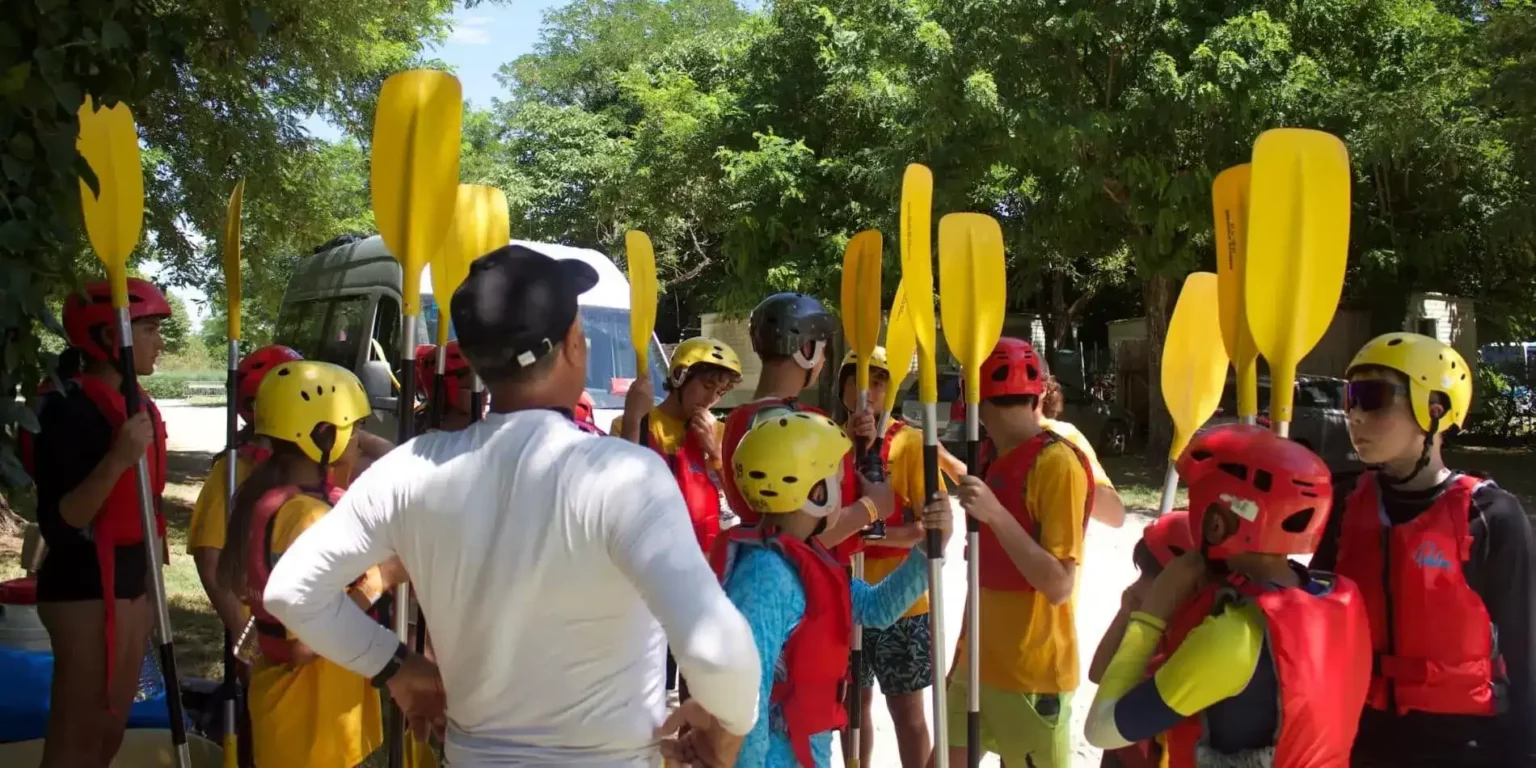
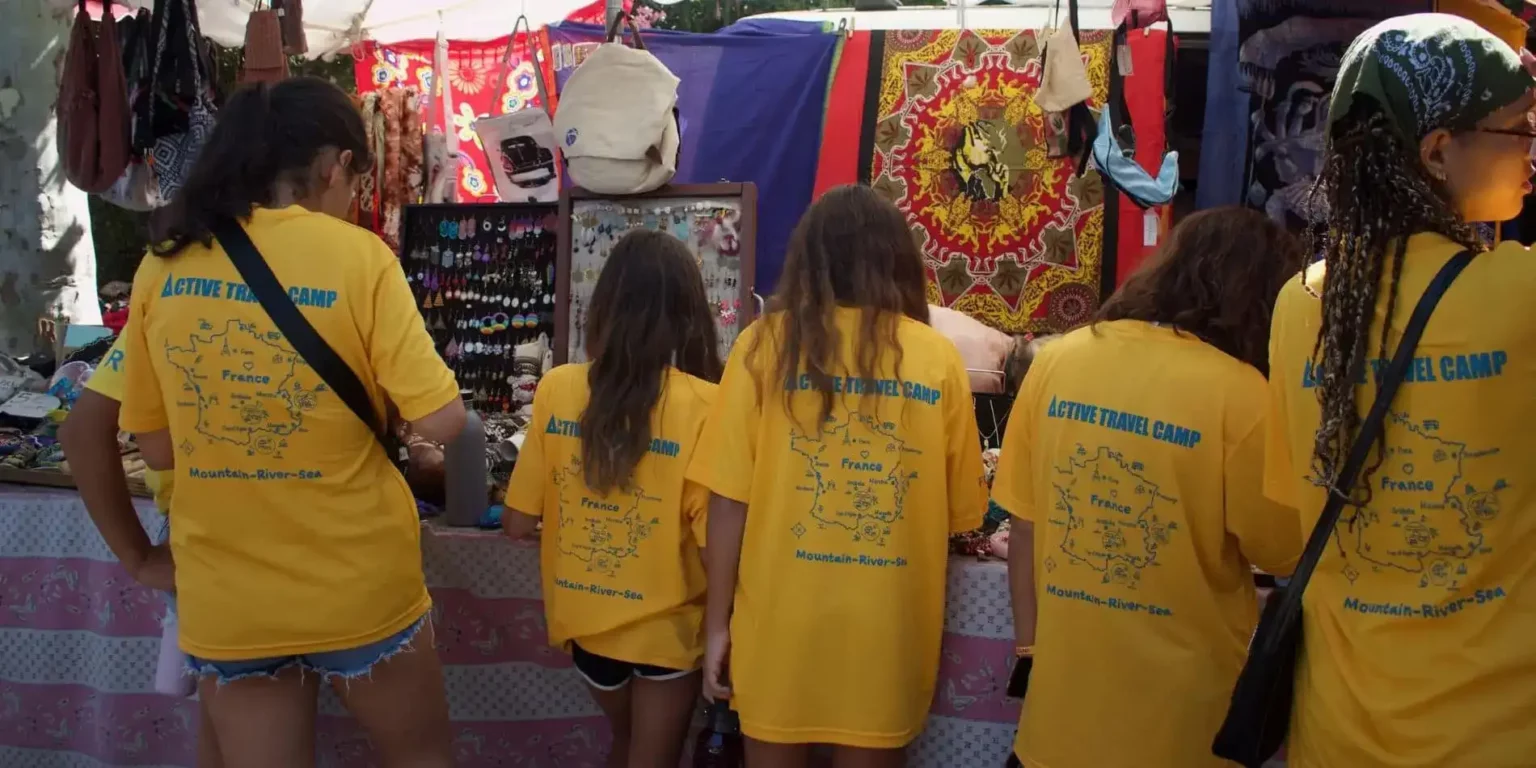
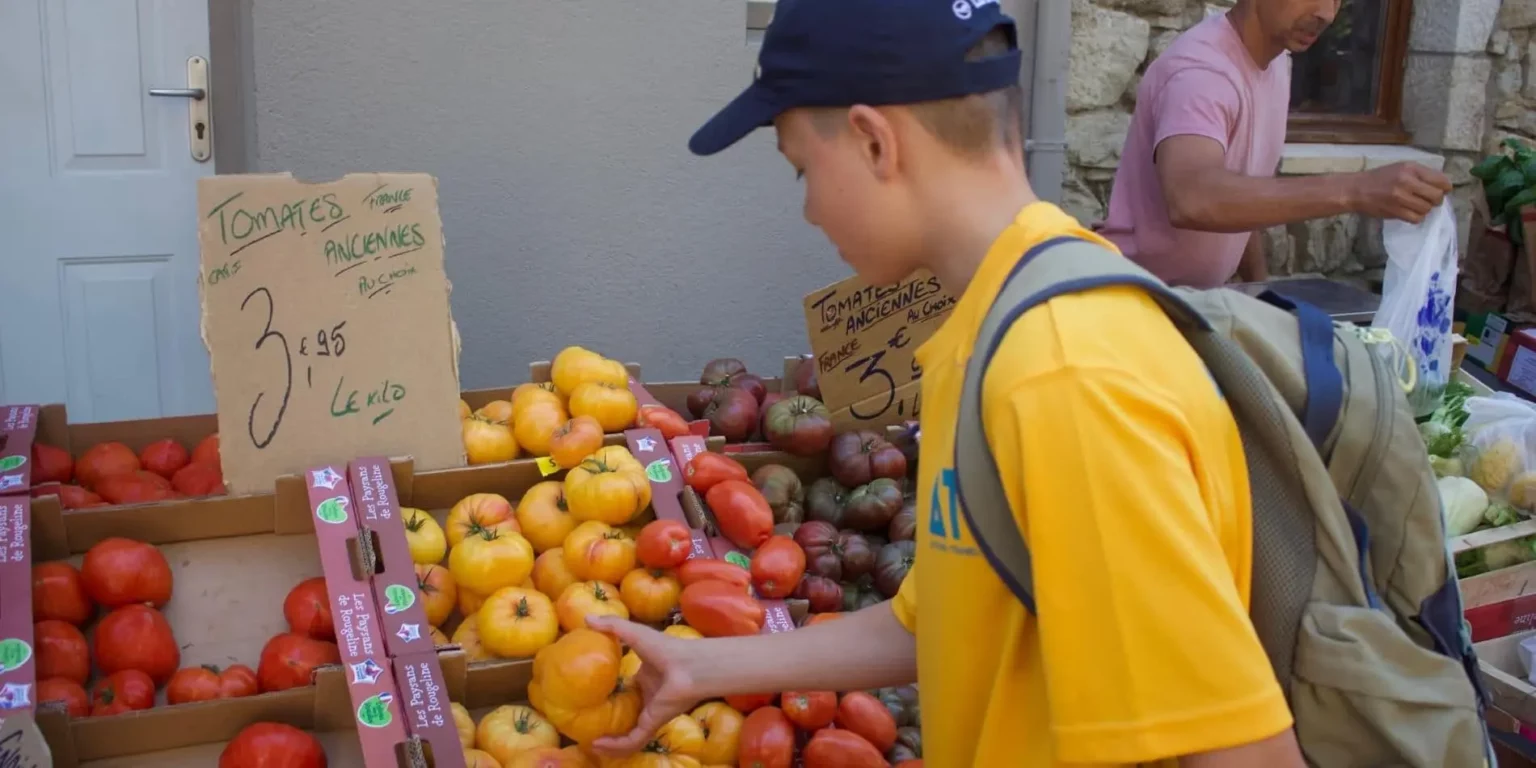
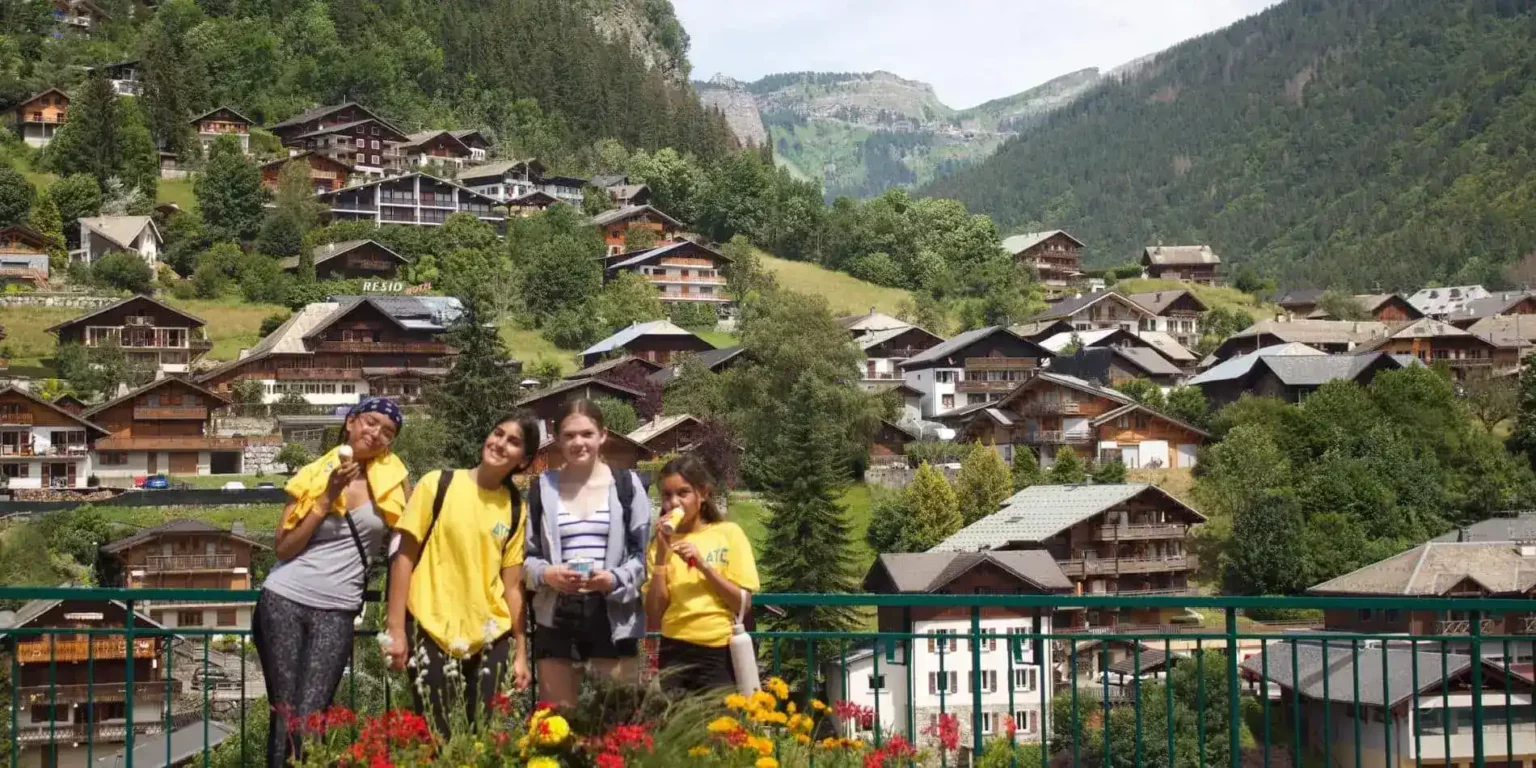
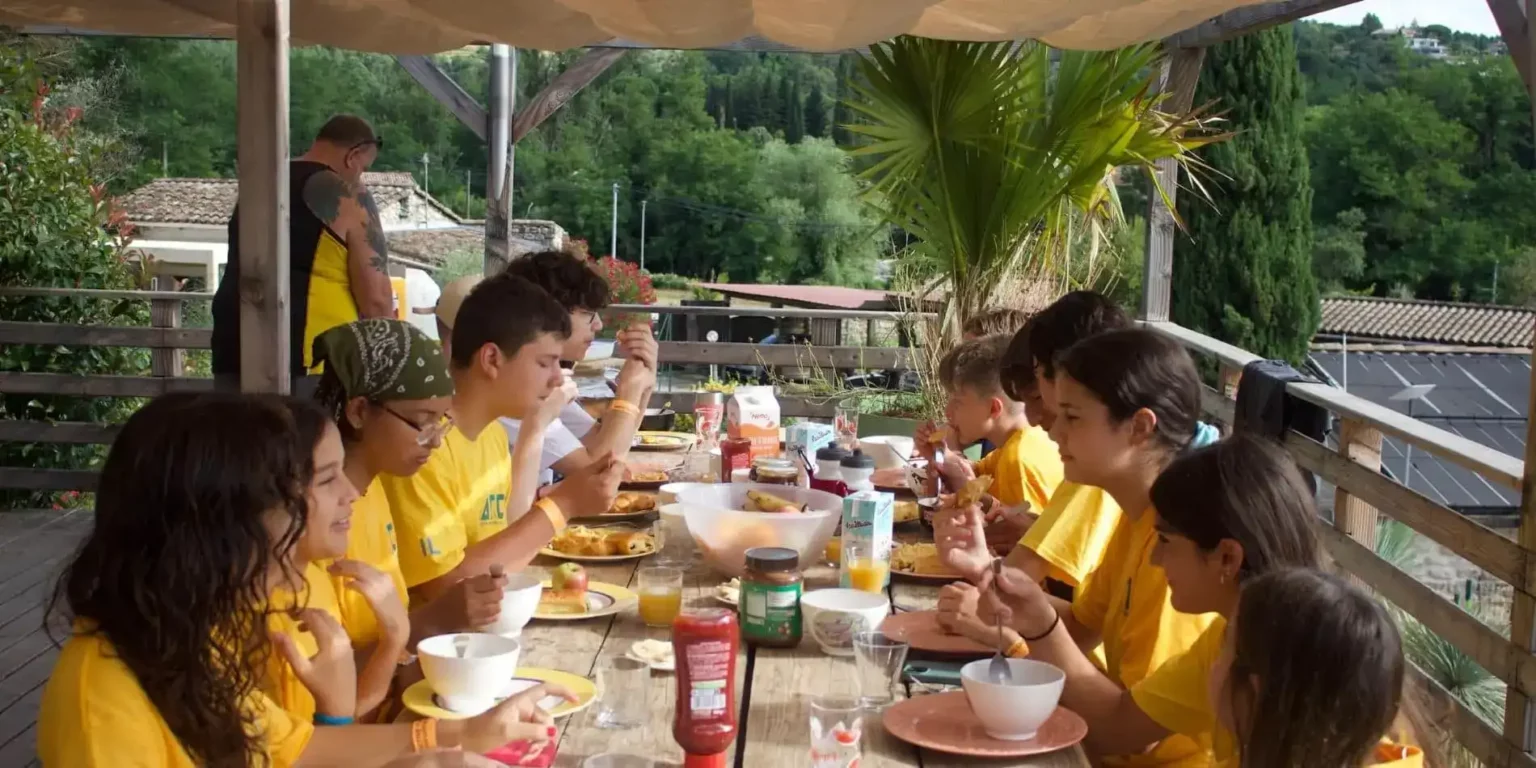
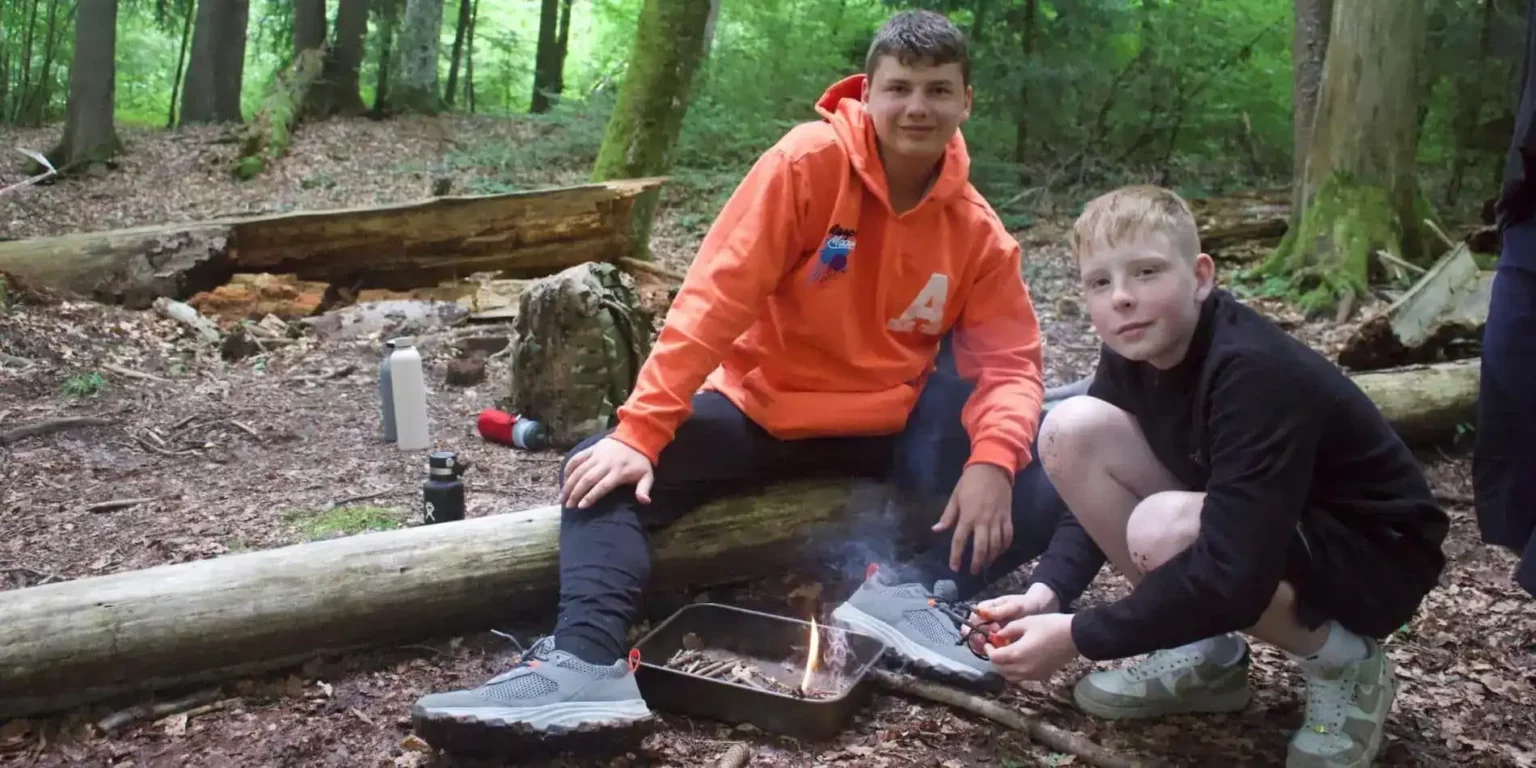
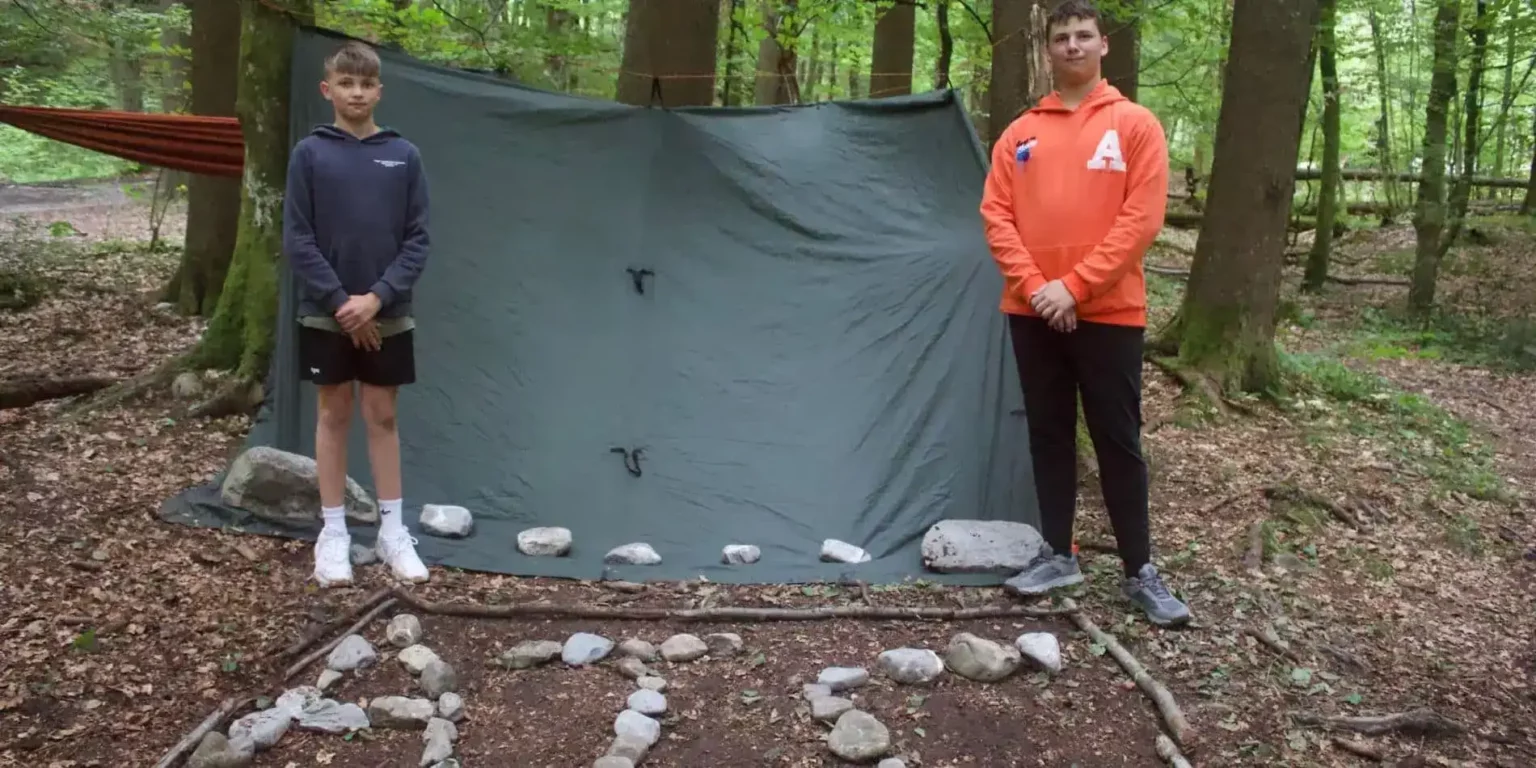
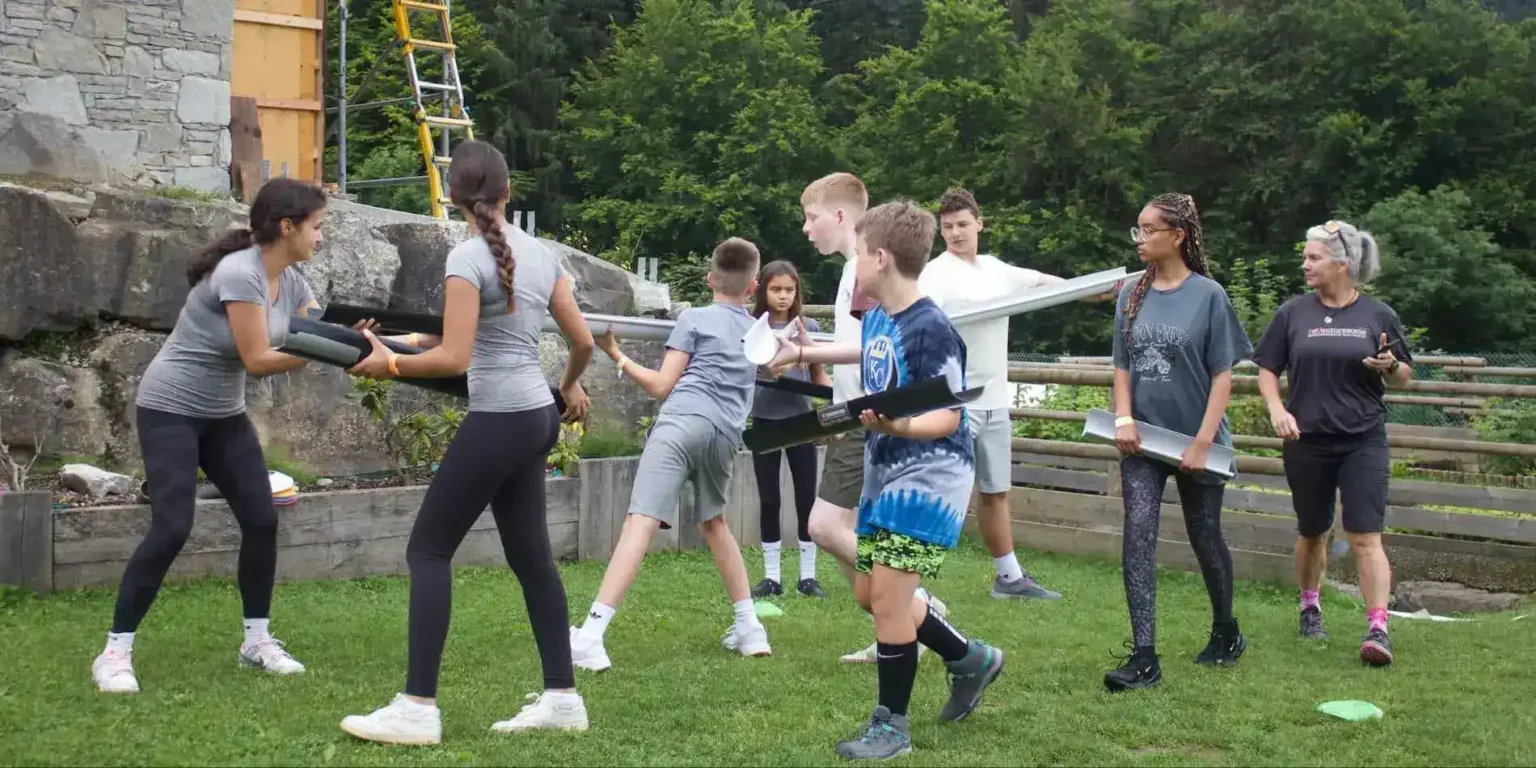
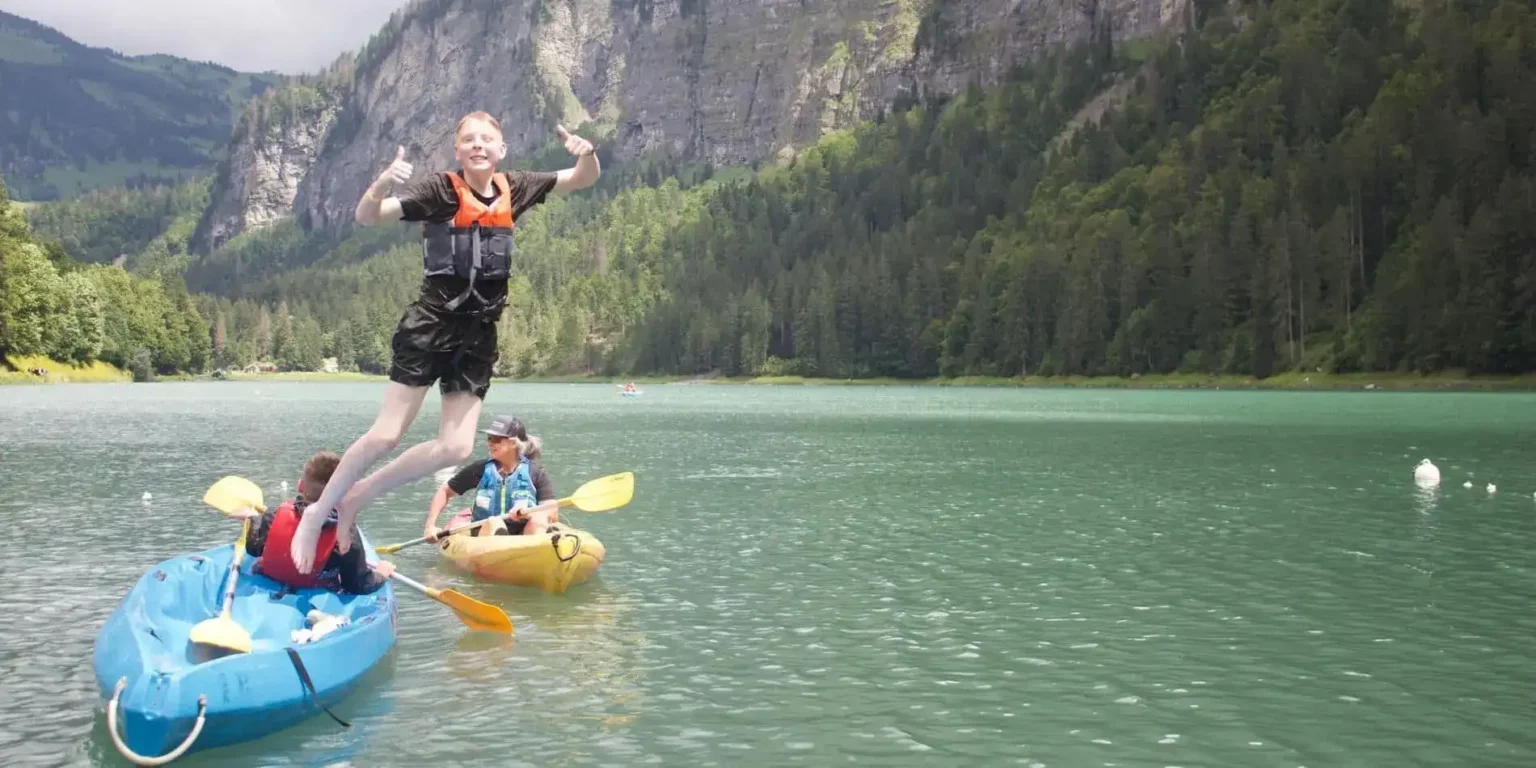
Highlights
- Regular photo updates.
- Huge variety of activities
- Professional, compassionate and qualified staff
- Healthy, diverse, and nutritional meals
Overview
Active Travel Camps (ATC) is an international residential summer camp for 11 – 18-year-olds, taking guests on a whistlestop tour through some of France’s most daring and beautiful adventure destinations. Adventurers will form lasting friendships as they climb, canoe and explore some truly spectacular places.
WEEK 1 - MOUNTAIN Starting in the Alps at our picturesque mountain base in Morzine, it's straight in with white-water-rafting, mountain biking, zip-lining through the rocky outcrops and kayaking on Lac de Montriond! Together with their new friends, they'll explore all that the Alpine landscape has to offer.
WEEK 2 - RIVER After this, they'll travel south to the Rhone-Alpes, exploring the stunning Ardeche River by canoe as eagles sore overhead and rapids rumble them along. Gorge hiking, treetop high ropes and a pre-historic cave visit form a bursting agenda, but there’s still time for some river swims and market visits.
WEEK 3 - SEA In the last week, adventurers will head west to the beautiful white sand beaches of the French coast to spend their days commanding the seas and rivers, with activities ranging from catamaran sailing to paddle boarding, white water rafting, canyoning and windsurfing. All meals and transfers between site are included in the price, as well as a once weekly laundry service.
11-18 yo
From 29th June, 2025 to 19th July, 2025
1 week
From $2,358
English
Max 24 campers
Co-Education
Private
Activities
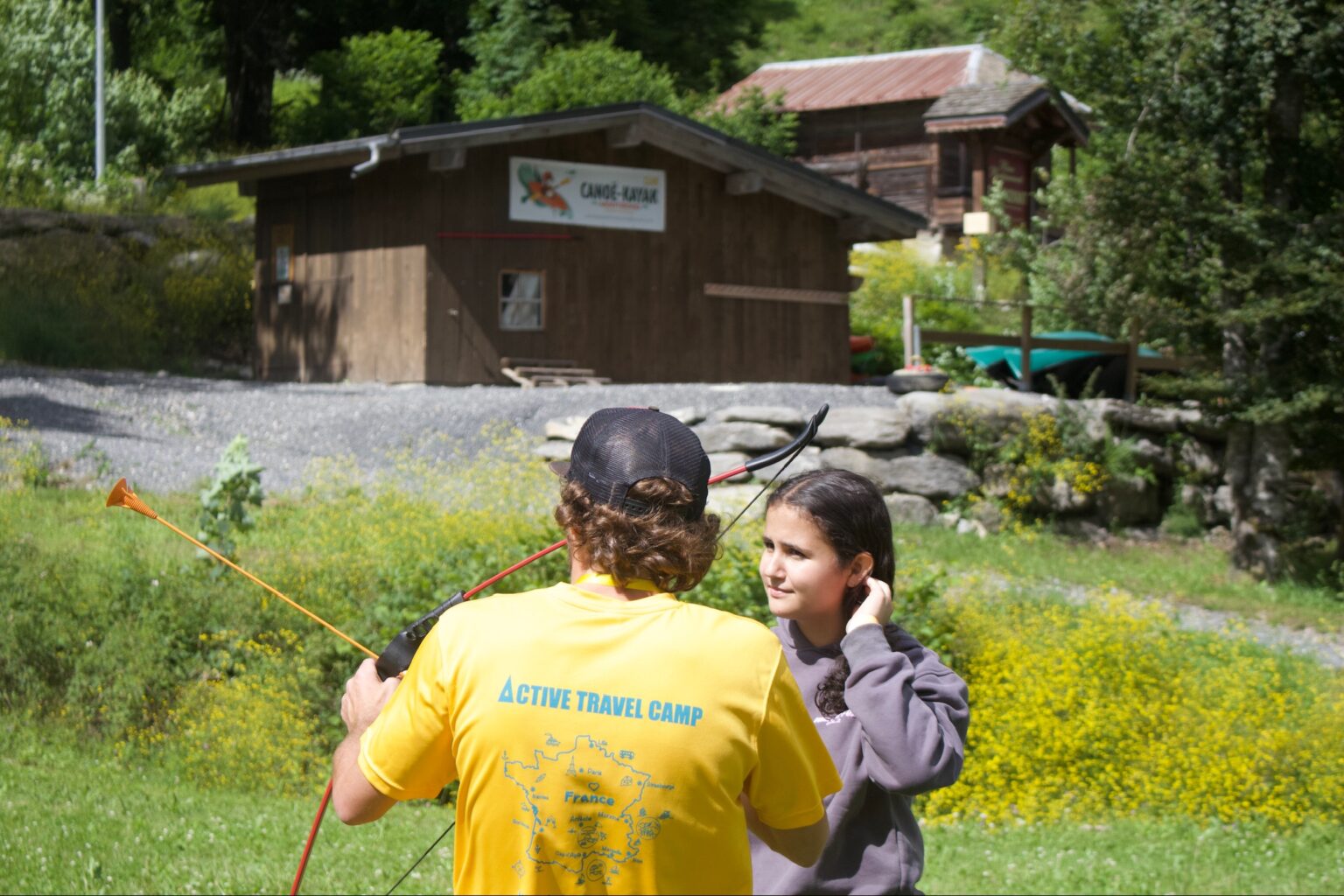
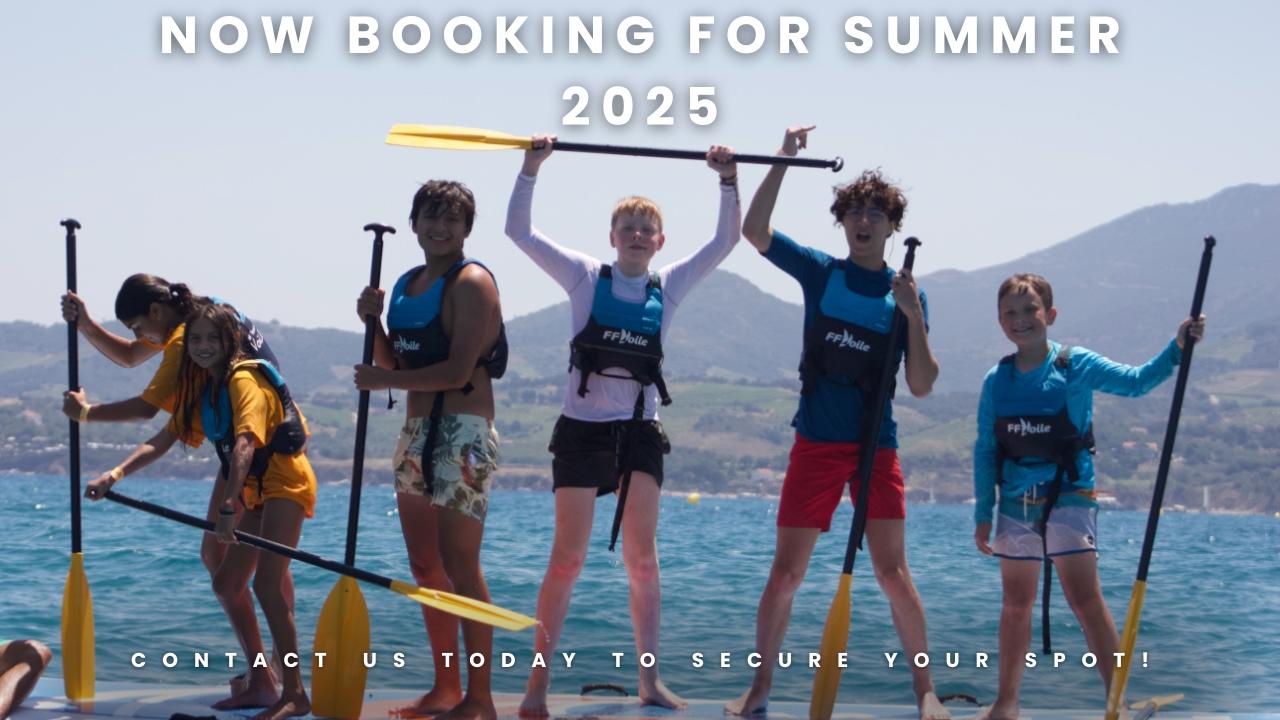
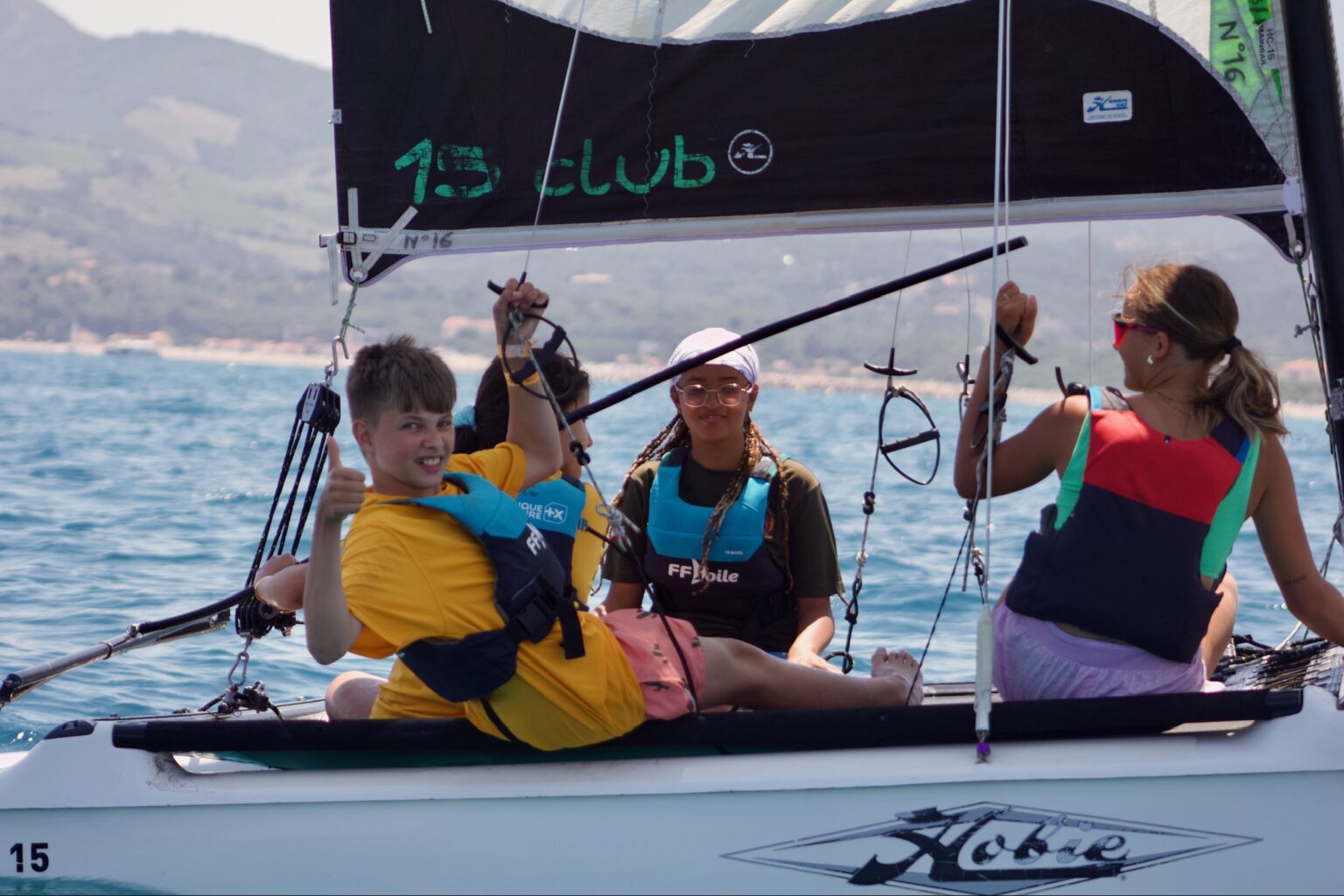
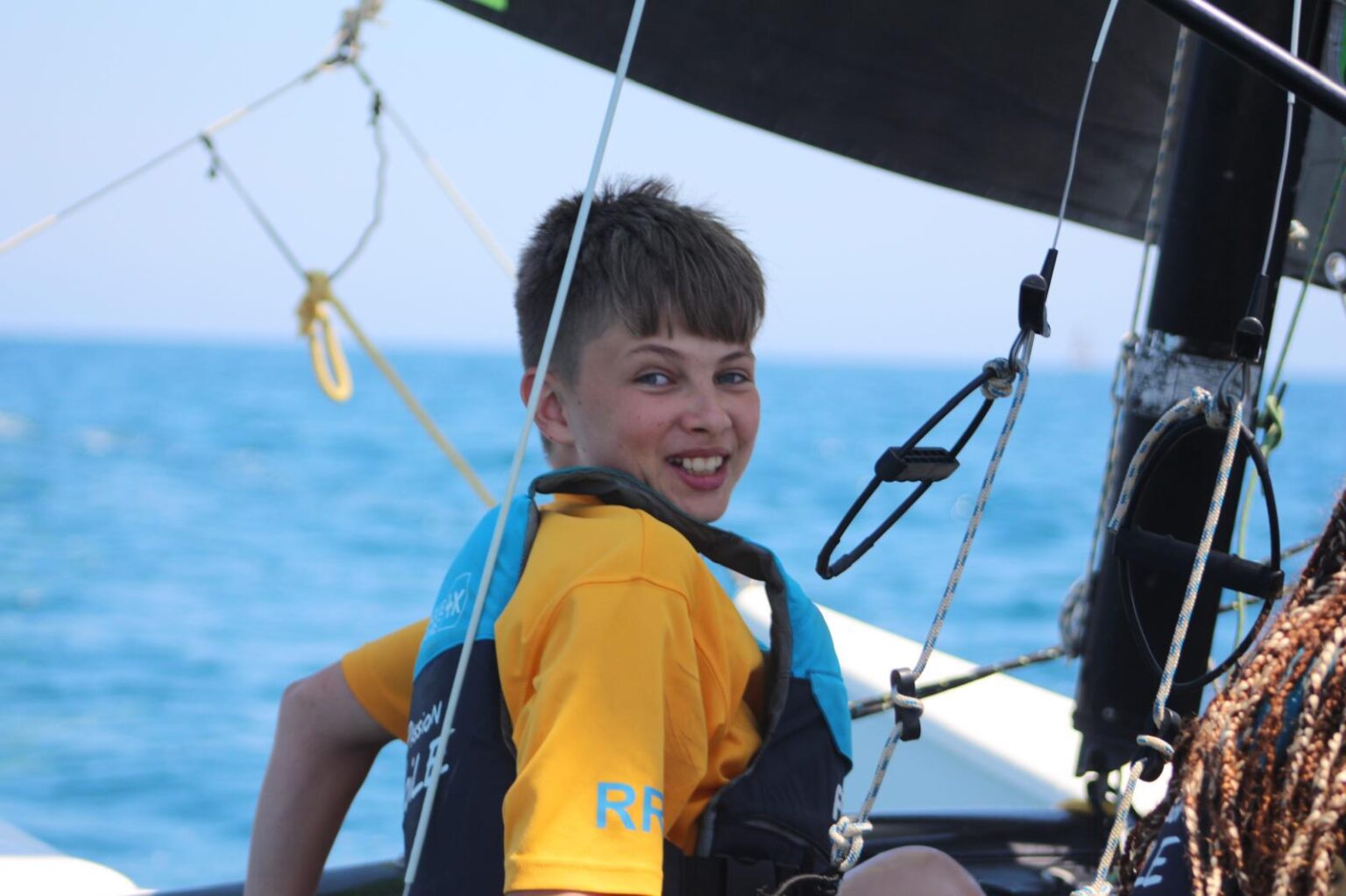
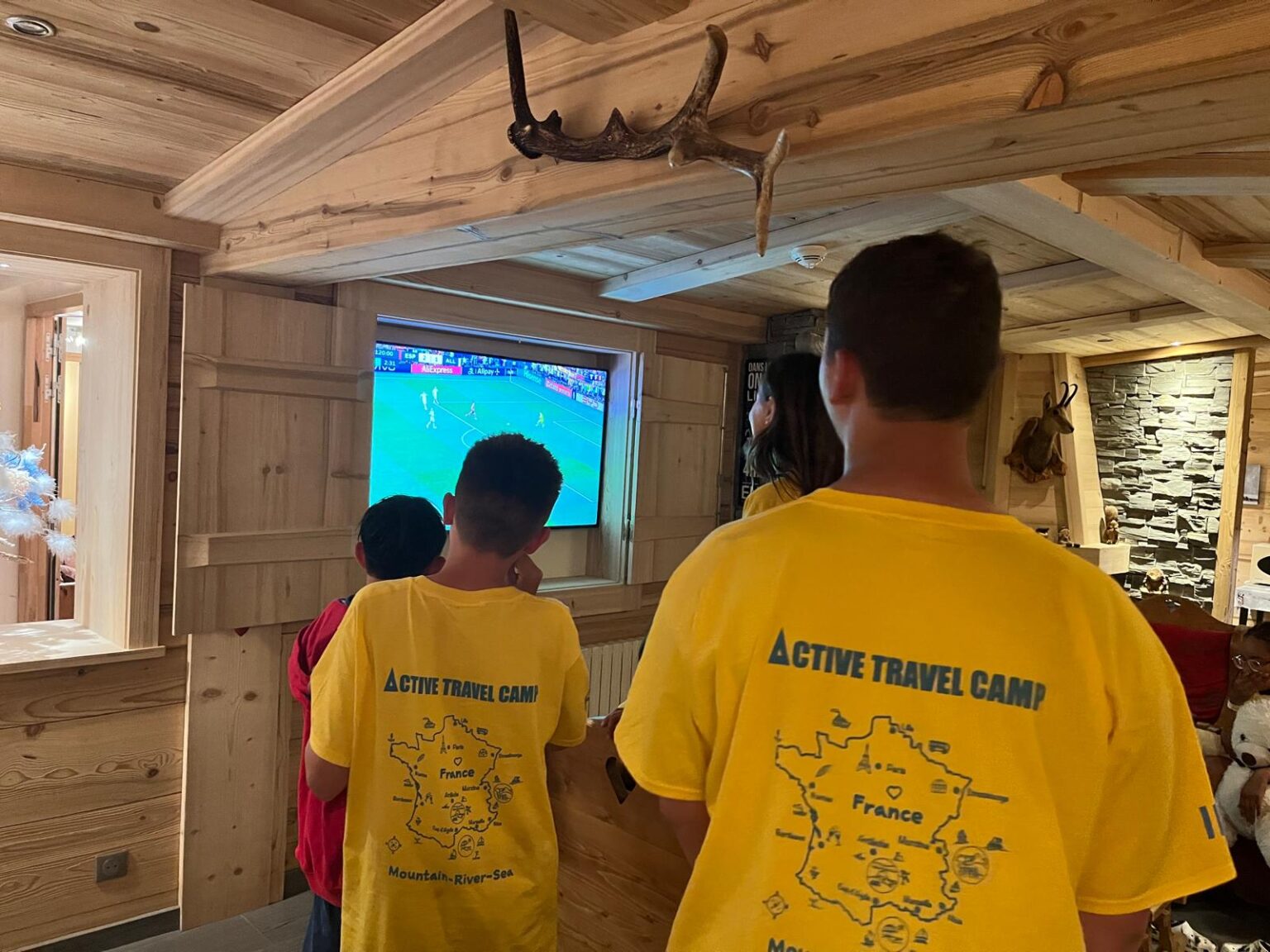
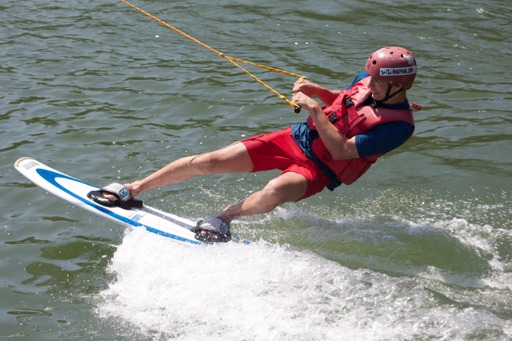
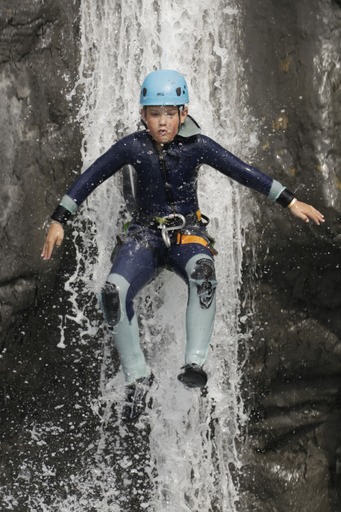
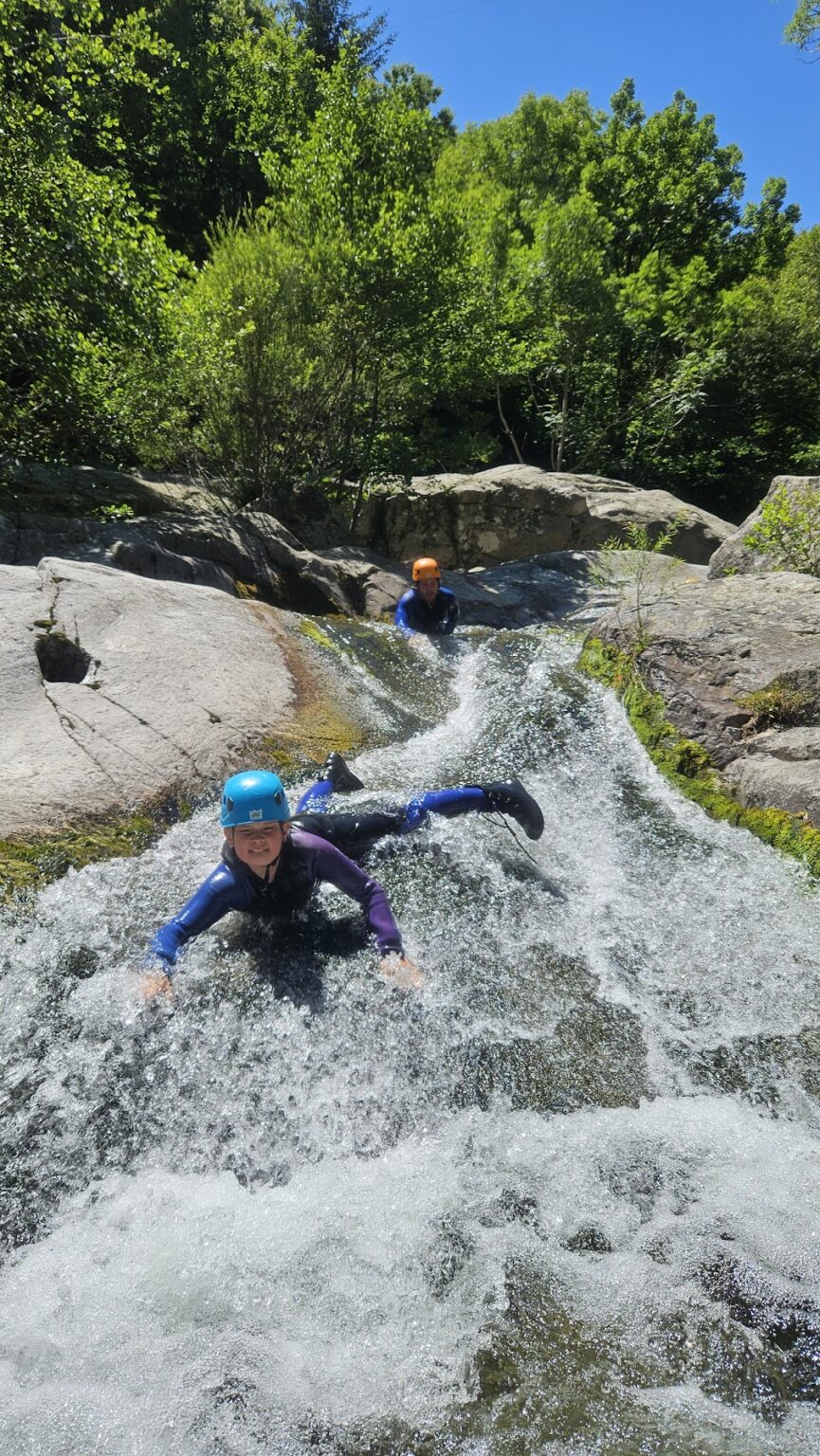
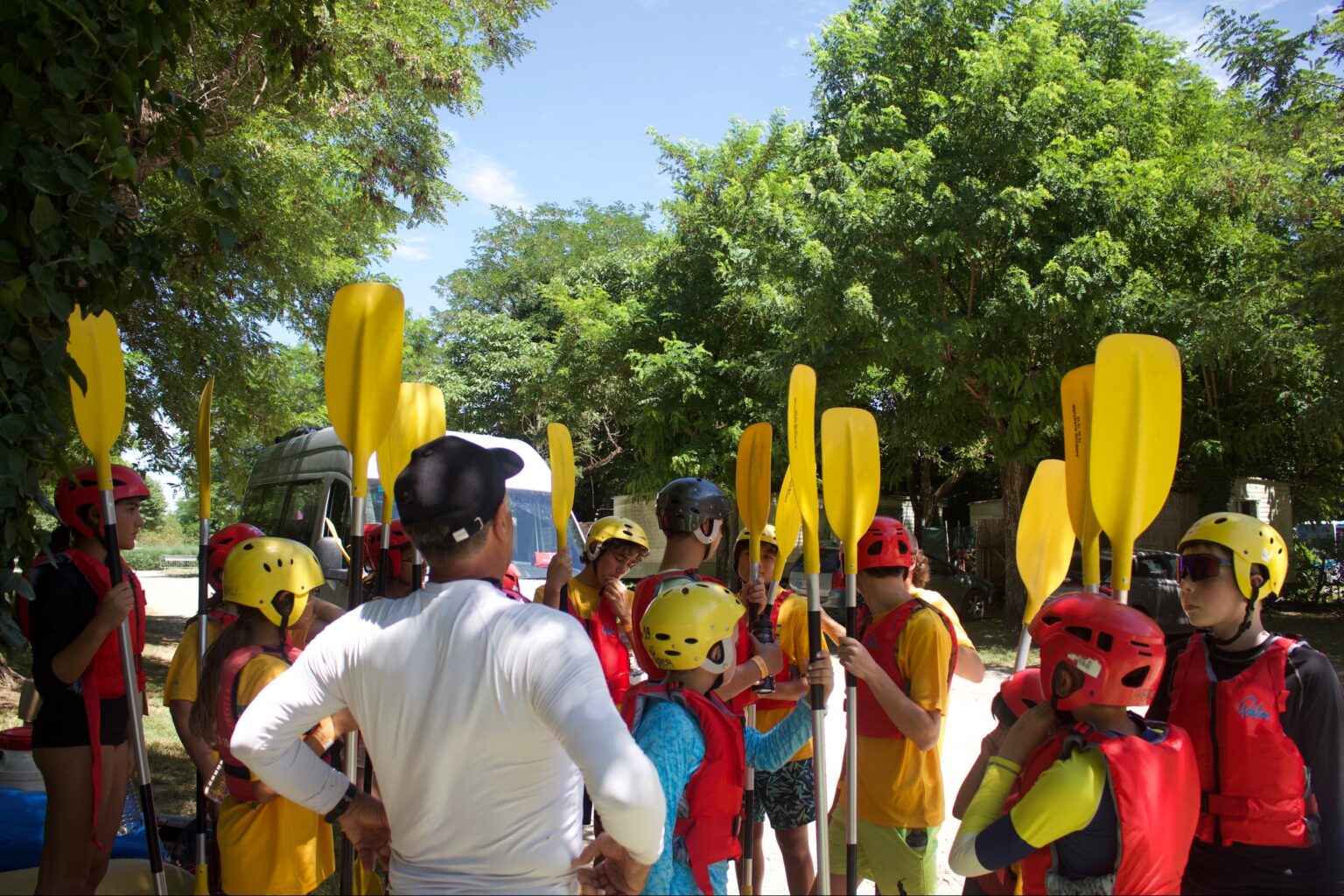
On our camp, we want our guests to experience adventure like never before!
Our trip includes:
Daytime activities like: Lake Kayaking, High Ropes, Whitewater rafting, Archery, Hiking, Canyoning, Bushcraft, 2 Day Kayaking trip, Overnight camp in the Gorge, Canocraft, Wakeboarding, Waterpark, Assault Course, Stand-up Paddleboarding, Sailing, Culture visits, Market trips
And evening Activities that are voted for by the campers, from options like:
Local village visits, funfairs, firework displays, football nights, quiz nights, card games, beach walks, night markets, attractions, swimming, crazy golf, 4th of July party, Bastille day party, disco, mindfulness
Language lessons
OPTIONAL EXTRA – ENGLISH AS A FOREIGN LANGUAGE
In addition to the ATC adventure schedule, we also offer English as a Foreign Language educational programme you can include in your child’s experience.
Improve your child’s English with ATC. We welcome non-native English speakers and offer an excellent language support programme to provide extra tuition in written and spoken English.
Grow your vocabulary
Gain confidence and character in spoken english
Be able to express your ideas and opinions
Improve your understanding of grammatical forms and when to use them
English language tuition at ATC covers all four areas of language learning: reading; writing; speaking; and listening. Your child’s reading, pronounciation and comprehension skills will be assessed at the start of the programme. This will allow us to tailor your child’s tuition to maximise what they gain from their learning time.
Accommodation & facilities
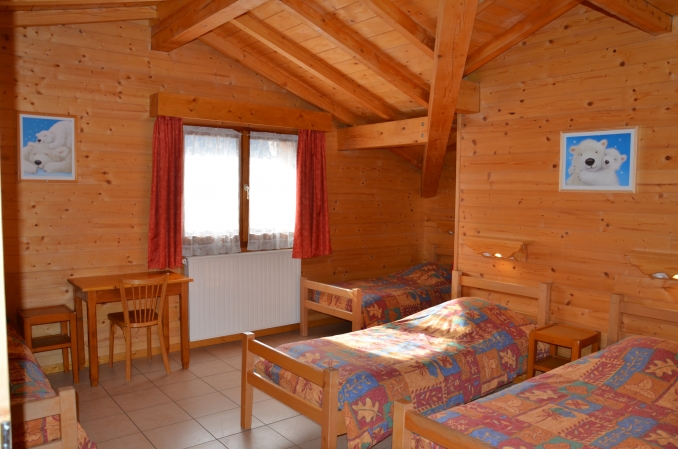
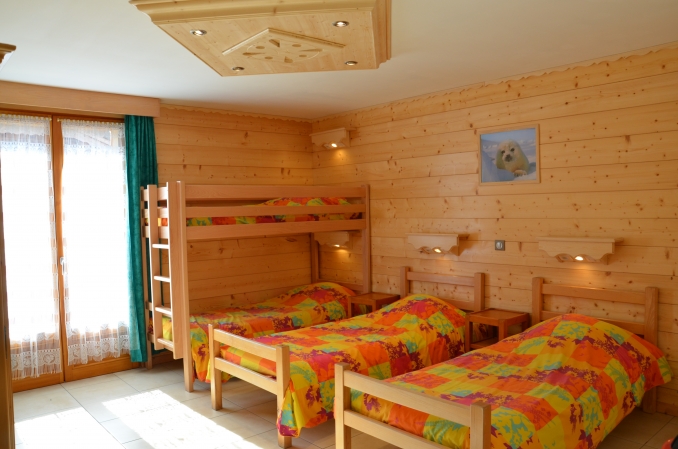
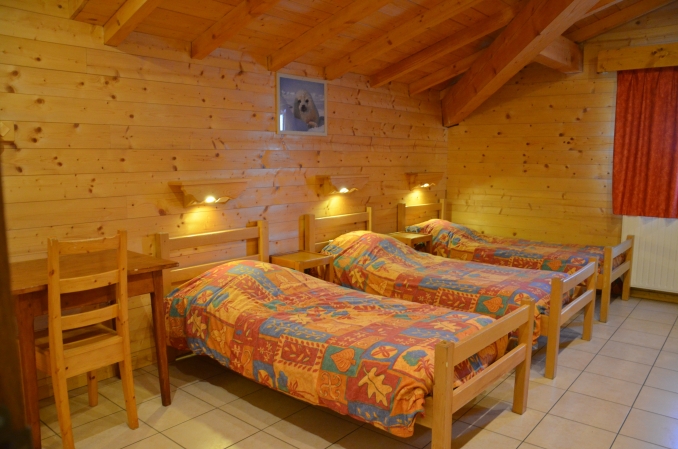
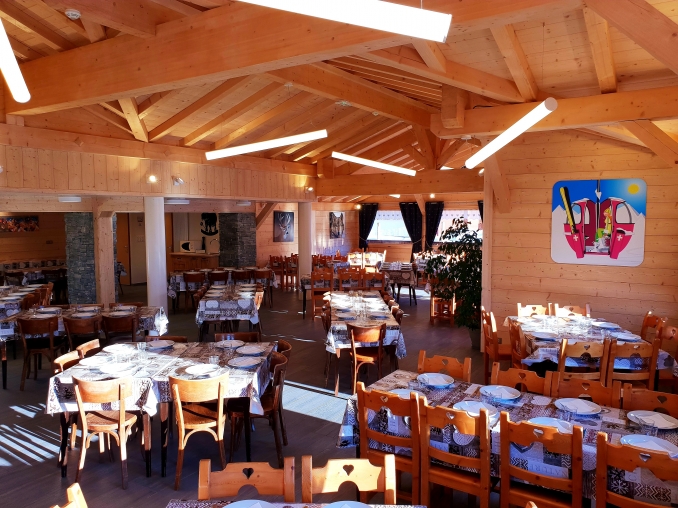
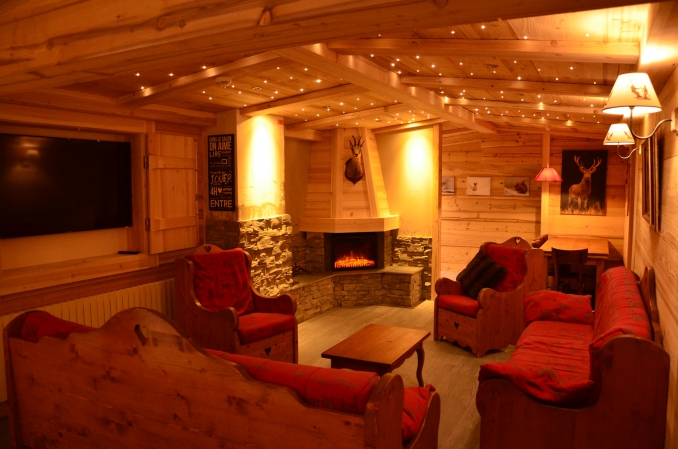
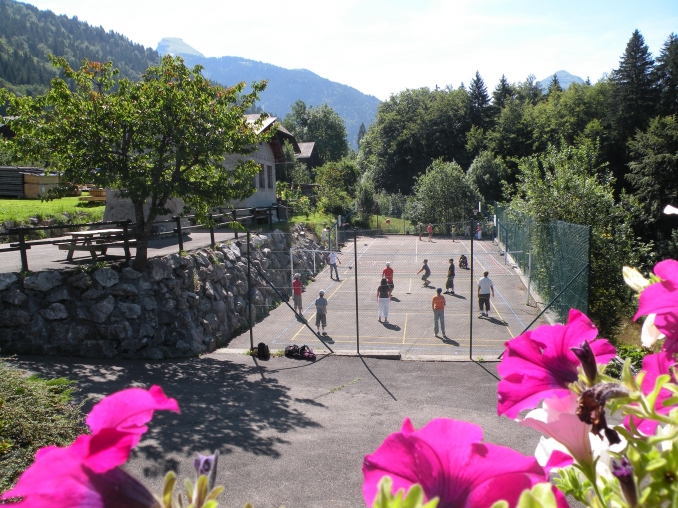
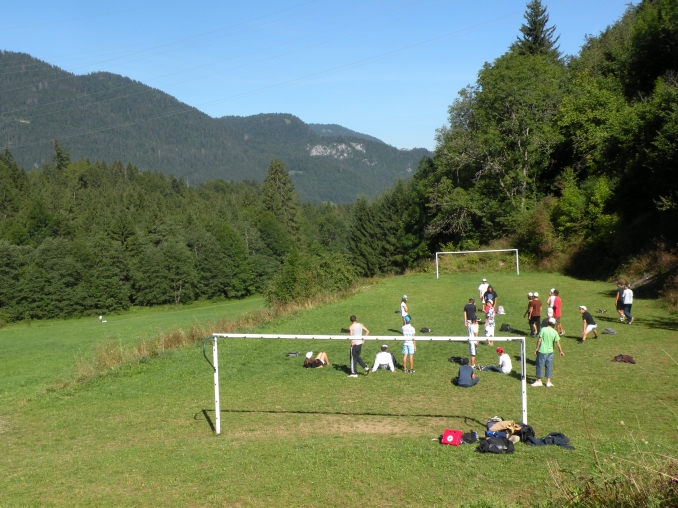
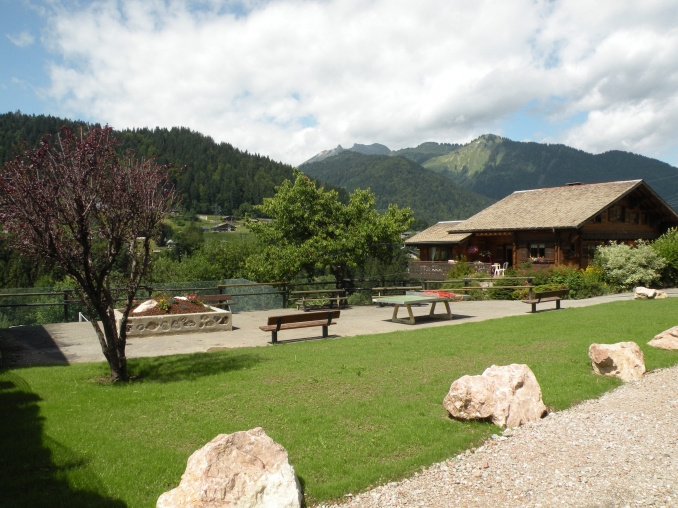
ATC firmly believe that a good night’s rest is imperative to a great day’s adventure, so their accommodation is tip-top. In Week One, guests will stay in a beautiful ski chalet; in Week Two, they’ll stay in a Gite; and in Week Three, they’ll stay in coastal chalets.
Guests will share their sleeping room with a maximum of four others, and rooms will be allocated according to age and gender.
All 3 of our accommodations have leisure facilities, including swimming pools, so there is fun to be had even during downtime!
Reviews
 Active Travel Camp
Active Travel Camp
| 5 star | 100 | 100% |
| 4 star | 0% | |
| 3 star | 0% | |
| 2 star | 0% | |
| 1 star | 0% |
Sorry, no reviews match your current selections
Q&A
1. Camp DirectorRole: Overall responsibility for camp operations, including safety, programming, and staff management.Responsibilities: Develops policies, oversees staff training, and ensures compliance with regulations.
2. Program CoordinatorsRole: Oversee specific programs or activities (e.g., climbing, kayaking, wilderness survival).Responsibilities: Plan and implement activities, manage logistics, and ensure staff are trained for their specific roles.
3. Activity Instructors/LeadersRole: Directly supervise participants during activities.Responsibilities: Conduct safety briefings, instruct participants, monitor safety, and provide support as needed.
4. Support StaffRole: Assist with logistics, food service, maintenance, and administrative tasks.Responsibilities: Ensure the camp runs smoothly behind the scenes, freeing up instructors to focus on participants.
5. CounselorsRole: Mentor and supervise smaller groups of participants.Responsibilities: Foster group cohesion, provide emotional support, and ensure the safety and well-being of campers.
6. Safety OfficersRole: Dedicated staff responsible for monitoring safety across all activities.Responsibilities: Conduct risk assessments, ensure compliance with safety protocols, and manage emergency procedures.
7. Communication ChannelsRegular Meetings: Staff meetings for updates, feedback, and coordination.Emergency Protocols: Clear lines of communication for emergencies, ensuring everyone knows their roles.
8. Participant FeedbackSurveys and Discussions: Gathering feedback from participants to improve programs and address concerns.Open Communication: Encouraging participants to voice concerns or suggestions.
9. Training and DevelopmentOngoing Training: Regular workshops and training sessions for staff on leadership, safety, and participant engagement.Mentorship Programs: Experienced staff mentor newer employees to foster skill development.
1. Camp DirectorQualifications:Bachelor’s degree in education, recreation management, or a related field.Experience in camp management or outdoor leadership.Strong organizational and leadership skills.Certifications:First Aid and CPR certification.
2. Program CoordinatorsQualifications:Relevant degree or significant experience in the specific activity (e.g., outdoor education, sports management).Strong planning and organizational abilities.Certifications:Activity-specific certifications (e.g., climbing instructor, kayaking guide).First Aid and CPR certification.
3. Activity Instructors/LeadersQualifications:Experience in leading specific activities (e.g., climbing, canoeing).Ability to work with diverse age groups and skill levels.Certifications:Activity-specific certifications (e.g., American Mountain Guides Association for climbing).First Aid and CPR certification.Wilderness First Aid or Wilderness First Responder preferred.
4. CounselorsQualifications:Experience working with children or youth (often through previous camp work, babysitting, or teaching).Strong interpersonal skills and ability to mentor.Certifications:First Aid and CPR certification.Background checks may be required.
5. Support StaffQualifications:Skills relevant to the support role (e.g., kitchen staff, maintenance).Ability to work collaboratively in a camp environment.Certifications:Food safety certifications for kitchen staff.First Aid and CPR certification is often encouraged.
6. Safety OfficersQualifications:Experience in safety management or emergency response.Strong knowledge of risk assessment and safety protocols.Certifications:Advanced first aid certifications (e.g., Wilderness First Responder).Safety management training may be preferred.
7. General RequirementsBackground Checks: Many camps require criminal background checks for all staff.Age Requirements: Staff often need to be at least 18 years old, with some positions requiring more experience or older candidates.Soft Skills: Strong communication, leadership, and problem-solving skills are essential for all roles.
1. Types of Background ChecksCriminal Background Checks: These checks assess any criminal history.Sex Offender Registry Checks: Staff may be screened against national and state sex offender registries.Reference Checks: Previous employers or references may be contacted to verify work history and character.
2. FrequencyBackground checks are typically conducted prior to hiring, but some camps may also perform checks periodically for ongoing staff.
3. Regulatory RequirementsMany states have regulations mandating background checks for individuals working with minors, particularly in educational and recreational settings.
4. ConfidentialityResults of background checks are generally kept confidential and handled by designated personnel within the camp.
5. Importance of Background ChecksThese checks help to ensure a safe environment for campers and build trust with parents and guardians.
1. Orientation ProgramsIntroduction: New staff members usually go through an orientation program to familiarize themselves with camp policies, procedures, and safety protocols.Team Building: Activities may be included to build camaraderie and teamwork among staff.
2. Safety TrainingFirst Aid and CPR: All staff typically receive training in basic first aid and CPR, with some roles requiring more advanced certifications (e.g., Wilderness First Responder).Activity-Specific Safety: Instructors receive specialized training related to the specific activities they will lead (e.g., climbing, kayaking).
3. Ongoing TrainingWorkshops: Regular workshops are conducted throughout the camp season to refresh skills and introduce new techniques or safety measures.Guest Speakers: Experts may be invited to lead sessions on relevant topics, such as youth development or emergency preparedness.
4. Professional Development OpportunitiesCertifications: Staff are often encouraged to pursue relevant certifications (e.g., outdoor leadership, teaching certifications) that enhance their skills.Conferences and Training Events: Opportunities to attend industry conferences or training sessions to learn about best practices and network with other professionals.
5. Performance EvaluationsRegular Feedback: Staff receive feedback throughout the season, with formal evaluations at the end of the camp session to discuss strengths and areas for improvement.Goal Setting: Staff may work with supervisors to set personal and professional development goals.
6. Mentorship ProgramsPeer Support: More experienced staff may mentor newer employees, providing guidance, support, and advice on best practices.
7. Crisis Management TrainingEmergency Protocols: Training on how to handle various emergencies (e.g., medical situations, severe weather) is crucial and often included in training sessions.Scenario Drills: Conducting drills to practice responses to emergencies ensures staff are prepared.
8. Inclusivity and Diversity TrainingCultural Competence: Training on inclusivity and cultural competence helps staff effectively engage with a diverse camper population.
1. Diverse Staff Recruitment Hiring Practices: Actively seek to recruit staff from diverse backgrounds, ensuring that the team reflects the campers’ community.Bias Training: Train hiring managers to recognize and reduce bias in the hiring process.
2. Inclusive ProgrammingActivity Accessibility: Offer a range of activities that cater to different skill levels and interests, ensuring everyone can participate.Cultural Sensitivity: Incorporate culturally relevant practices and perspectives in programming to celebrate diversity.
3. Training and EducationDiversity Training: Provide ongoing training for staff on topics like cultural competence, unconscious bias, and inclusive practices.Workshops: Host workshops that promote understanding and respect for different backgrounds, identities, and experiences.
4. Safe SpacesCreating Safe Environments: Establish spaces where campers can express themselves without fear of judgment or discrimination.Anti-Bullying Policies: Implement and enforce strong anti-bullying policies to protect all campers.
5. Feedback MechanismsOpen Communication: Encourage campers and staff to provide feedback on diversity and inclusion efforts through surveys or suggestion boxes.Focus Groups: Organize focus groups to discuss inclusivity and gather insights on how to improve.
6. Community EngagementPartnerships: Collaborate with local organizations that focus on diversity and inclusion to enhance outreach and support.Outreach Programs: Develop outreach initiatives to engage underrepresented communities and encourage participation in camp activities.
7. Celebration of DiversityCultural Celebrations: Organize events or activities that celebrate different cultures and traditions, fostering appreciation among campers.Diversity Awareness Days: Recognize specific days or months dedicated to promoting awareness of various cultural and social issues.
8. Inclusive PoliciesNon-Discrimination Policies: Clearly articulate non-discrimination policies that protect campers and staff regardless of race, gender, sexual orientation, ability, or other identities.Accessibility: Ensure facilities and activities are accessible to individuals with disabilities, providing necessary accommodations.
9. Role of LeadershipCommitment from Leadership: Leaders should actively promote and model inclusive behaviors, demonstrating a commitment to diversity.Accountability: Set measurable goals for diversity and inclusion, and regularly assess progress.
Code of Conduct
Respect and Inclusivity
Treat all participants, staff, and volunteers with respect and kindness.
Embrace diversity and foster an inclusive atmosphere, free from discrimination or harassment.
Behavior Expectations
Follow instructions from camp leaders and instructors at all times.Use appropriate language and behavior, both verbally and physically.
Conflict Resolution
Address conflicts respectfully and seek help from staff if needed.Engage in constructive communication and avoid confrontational behavior.
Substance Use
The use of alcohol, drugs, or tobacco is prohibited on camp property or during camp activities.Encourage healthy and responsible choices.
Property Care
Respect camp property and the belongings of others.Participate in clean-up efforts and report any damages or issues to staff.
Safety First
Prioritize safety in all activities, following all rules and guidelines provided by instructors.Report any unsafe conditions or behaviors to staff immediately.
Emergency Protocols
Familiarize yourself with emergency procedures and evacuation routes.Participate in safety drills and training sessions.
Safety Protocols
Pre-Activity Safety Briefings – Mandatory safety briefings before each activity, outlining risks, safety measures, and equipment use.Instructors ensure participants understand and agree to follow safety rules.
Equipment Checks
Regular inspections of all equipment (e.g., harnesses, helmets) to ensure they are in good condition and properly fitted.Clear procedures for reporting and addressing damaged or malfunctioning equipment.
Emergency Response
PlansWell-defined emergency procedures for various scenarios (e.g., medical emergencies, severe weather).Access to first aid kits and emergency contact information readily available.Staff TrainingStaff trained in first aid, CPR, and emergency response procedures.Regular drills and training refreshers to ensure preparedness.
Participant Health and Safety Assessments
Health screenings for participants to identify any medical conditions or risks.Ongoing monitoring of participants during activities for any signs of distress or discomfort.
Supervision Ratios
Maintaining appropriate staff-to-participant ratios to ensure adequate supervision during activities.Designated safety officers to oversee specific activities.
Incident Reporting
Clear procedures for reporting and documenting any incidents, accidents, or near misses.Review processes to learn from incidents and improve safety measures.
Weather Monitoring
Continuous monitoring of weather conditions to make informed decisions about activities.Established protocols for postponing or canceling activities in unsafe weather conditions.
1. General Usage Restrictions
Limited Use During Activities: Mobile phones may be restricted during scheduled activities to encourage full participation and focus on the experience.Designated Times/Areas: Some camps may allow phone usage during specific times (e.g., free time) or in designated areas (e.g., cabins, common areas).
2. Safety and Emergency Use
Emergency Contact: Participants may be allowed to keep phones for emergency use, ensuring they can contact staff or parents if necessary.
Staff Access: Staff members typically have phones for communication and emergency purposes, ensuring they can quickly respond to any issues.
3. Digital Detox Encouragement
Encouraging Engagement: Camps often promote a digital detox, encouraging participants to engage with nature, build friendships, and enjoy activities without distractions.
Mindfulness Practices: Policies may encourage mindfulness and being present during camp experiences.
4. Respect for Others
Privacy Considerations: Participants may be reminded to respect others’ privacy and avoid taking photos or videos of others without permission.
Social Media Guidelines: Camps may have specific guidelines regarding posting on social media, especially concerning the privacy of other campers.
5. Consequences for Misuse
Clear Consequences: Camps should outline the consequences for misuse of mobile phones (e.g., distraction during activities, violating privacy) to ensure adherence to the policy.
Confiscation Policy: In some cases, staff may have the authority to confiscate phones temporarily if they are being misused.
6. Parental Communication
Informing Parents: Camps often communicate the mobile phone policy to parents before the camp session, so they understand the expectations and reasons behind them.


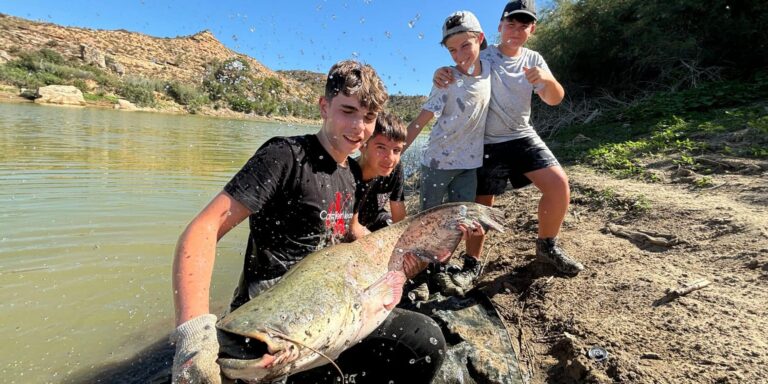
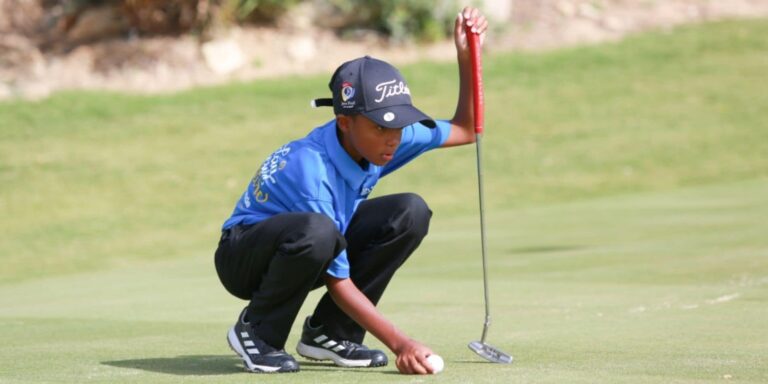
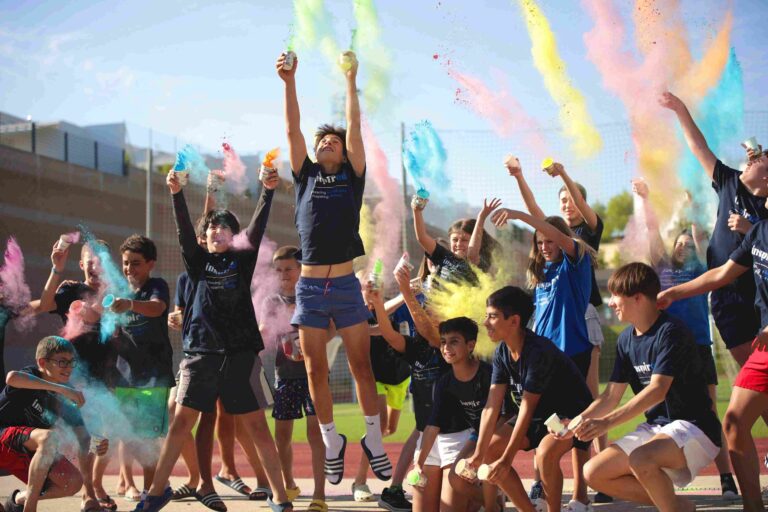
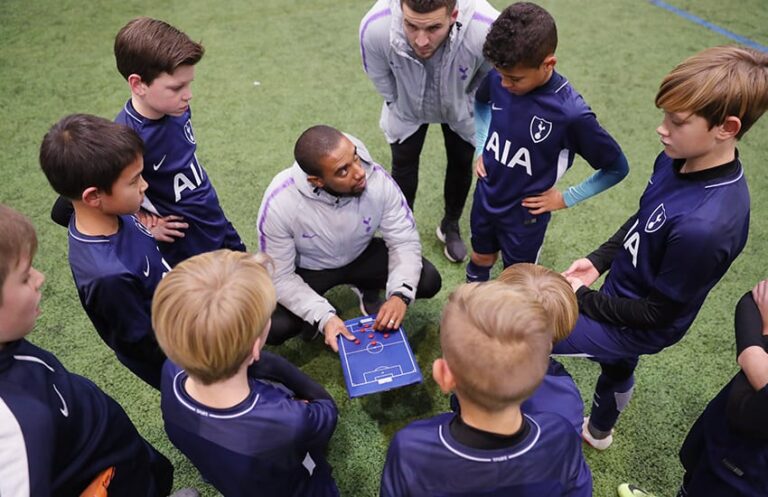

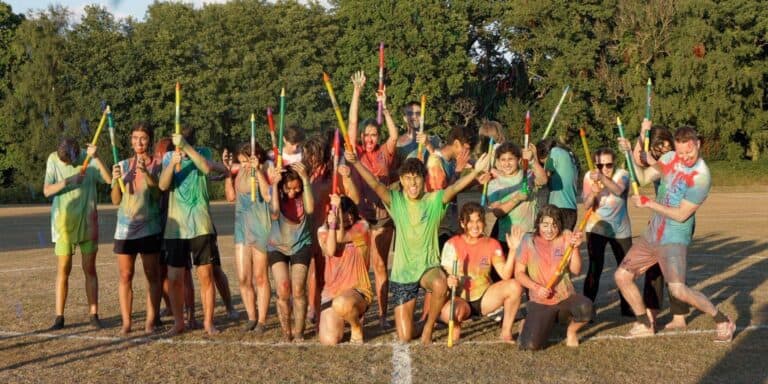
Our daughter had an incredible time at this summer camp. She is quite a shy girl, so it was lovely to see her return home with lots of new friends from all over the world. We couldn’t quite believe the amount of activities they managed to cram into three weeks – she’s now a sailor, a kayaker, a mountaineer… Thanks so much.
My daughter came back full of new experiences and new friends, what a wonderful opportunity she had, the camp was safe fun and an experience she will never gorget! thank you active travel camps..
This travel camp is amazing I went there for 3 weeks and did not regret it because there are countless of activities every day!! If you are thinking about going to this camp I would not hesitate.